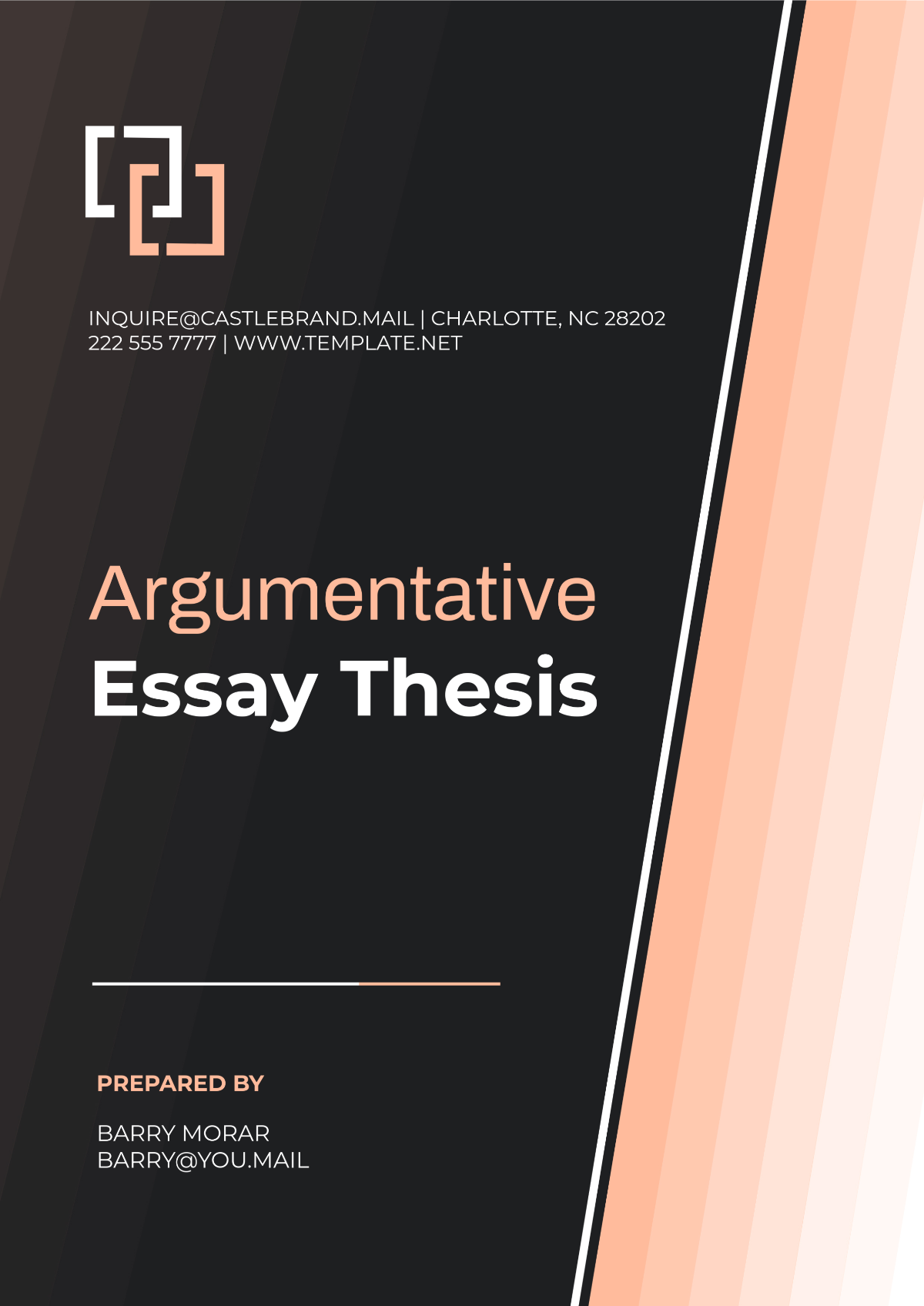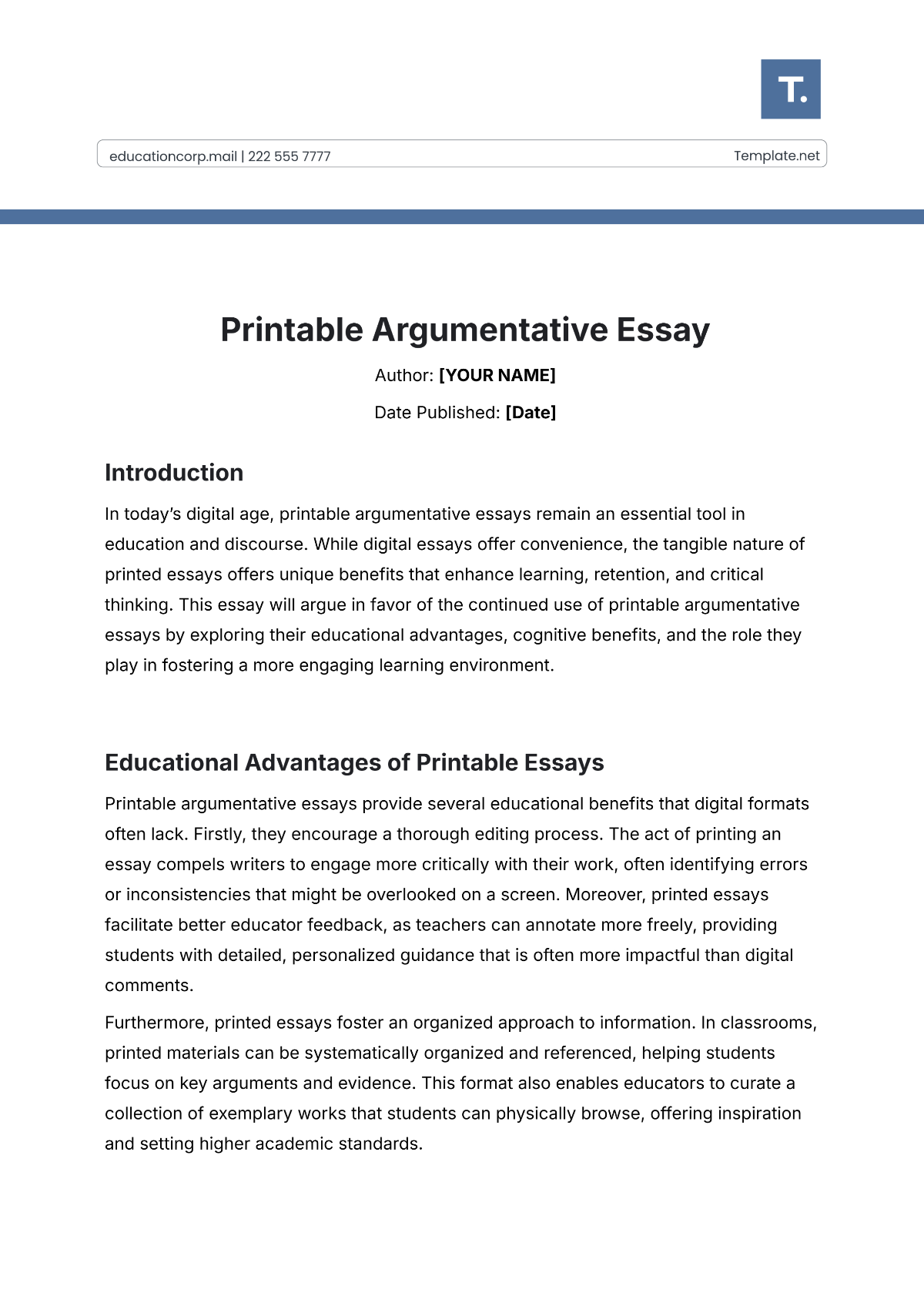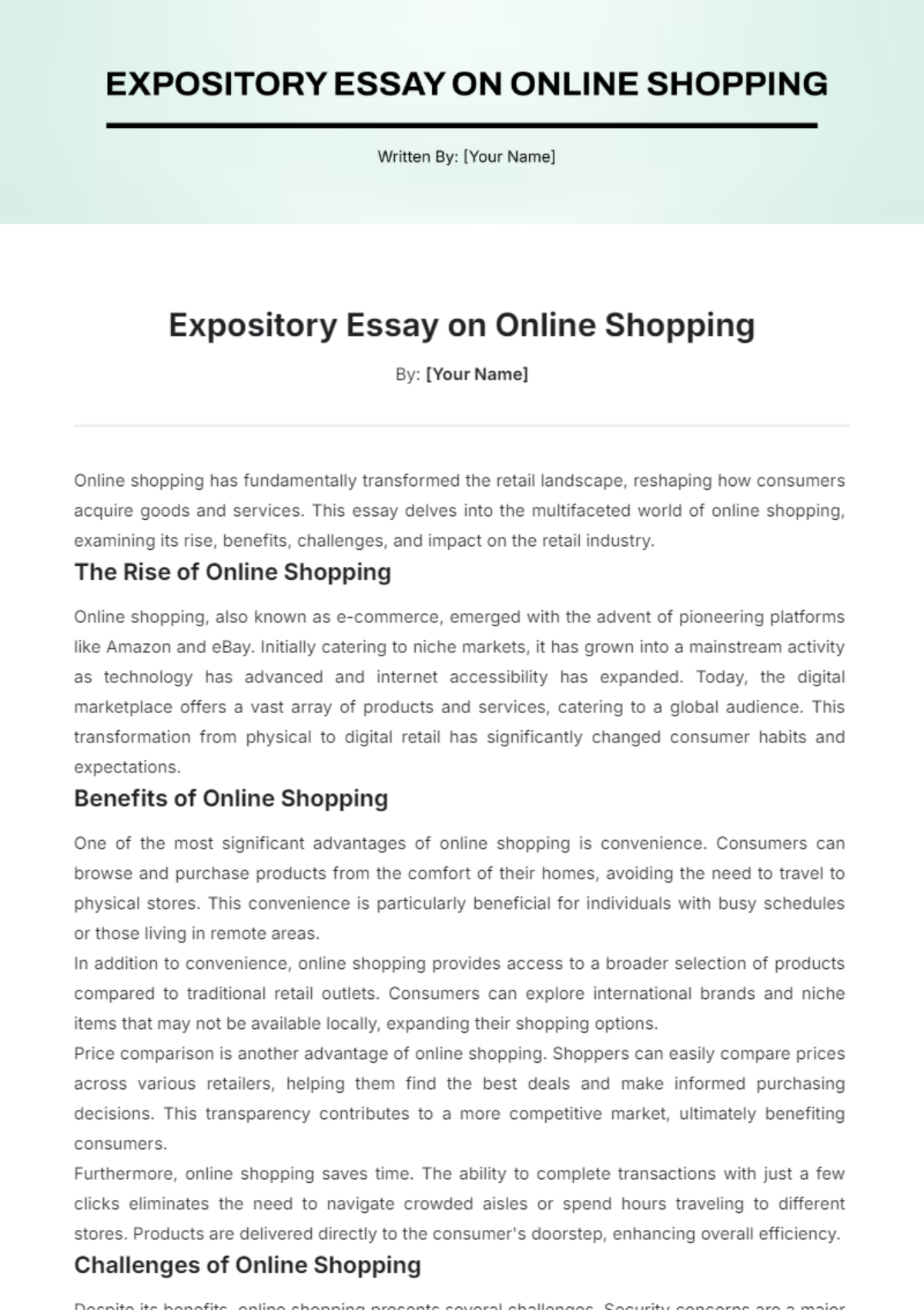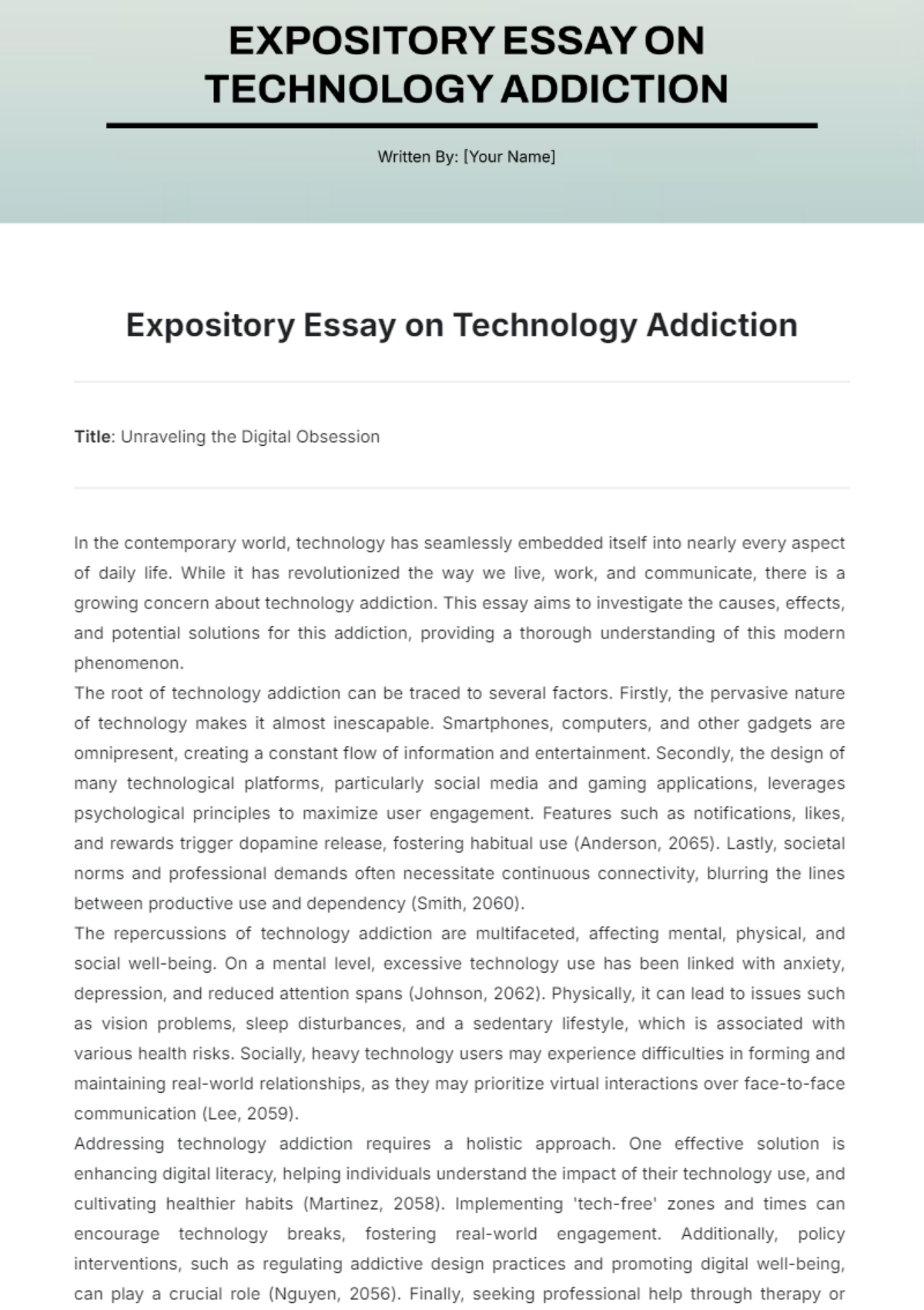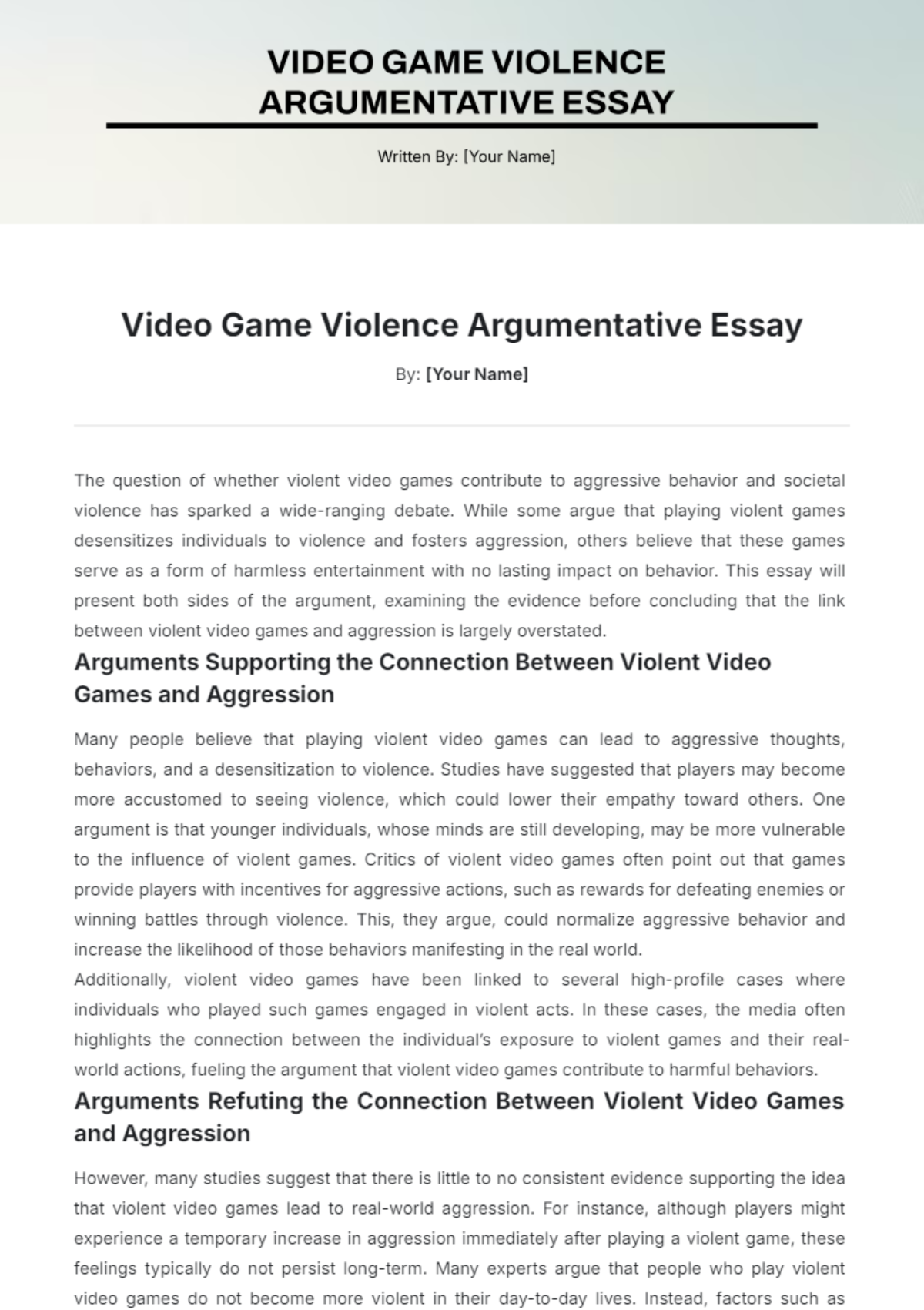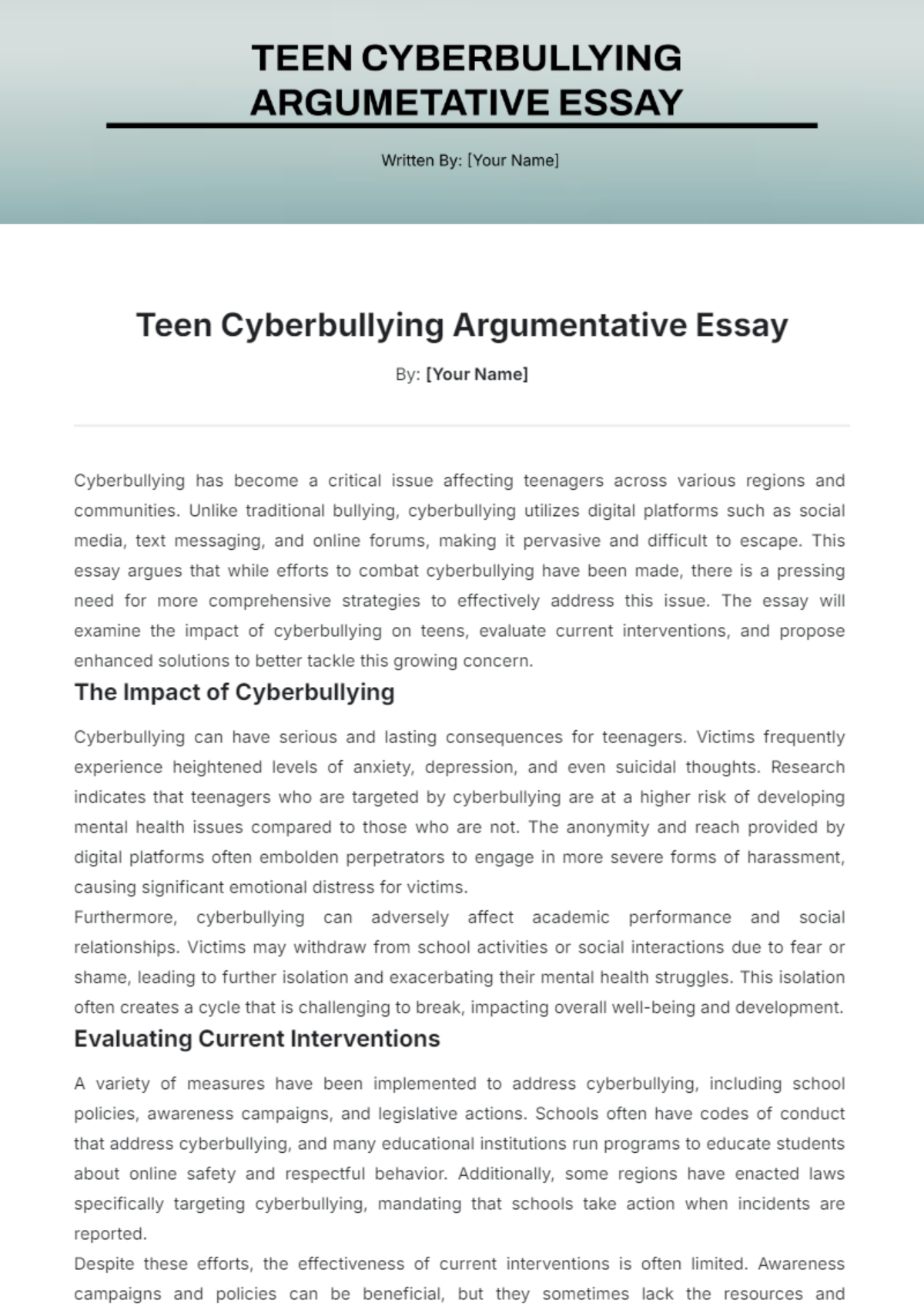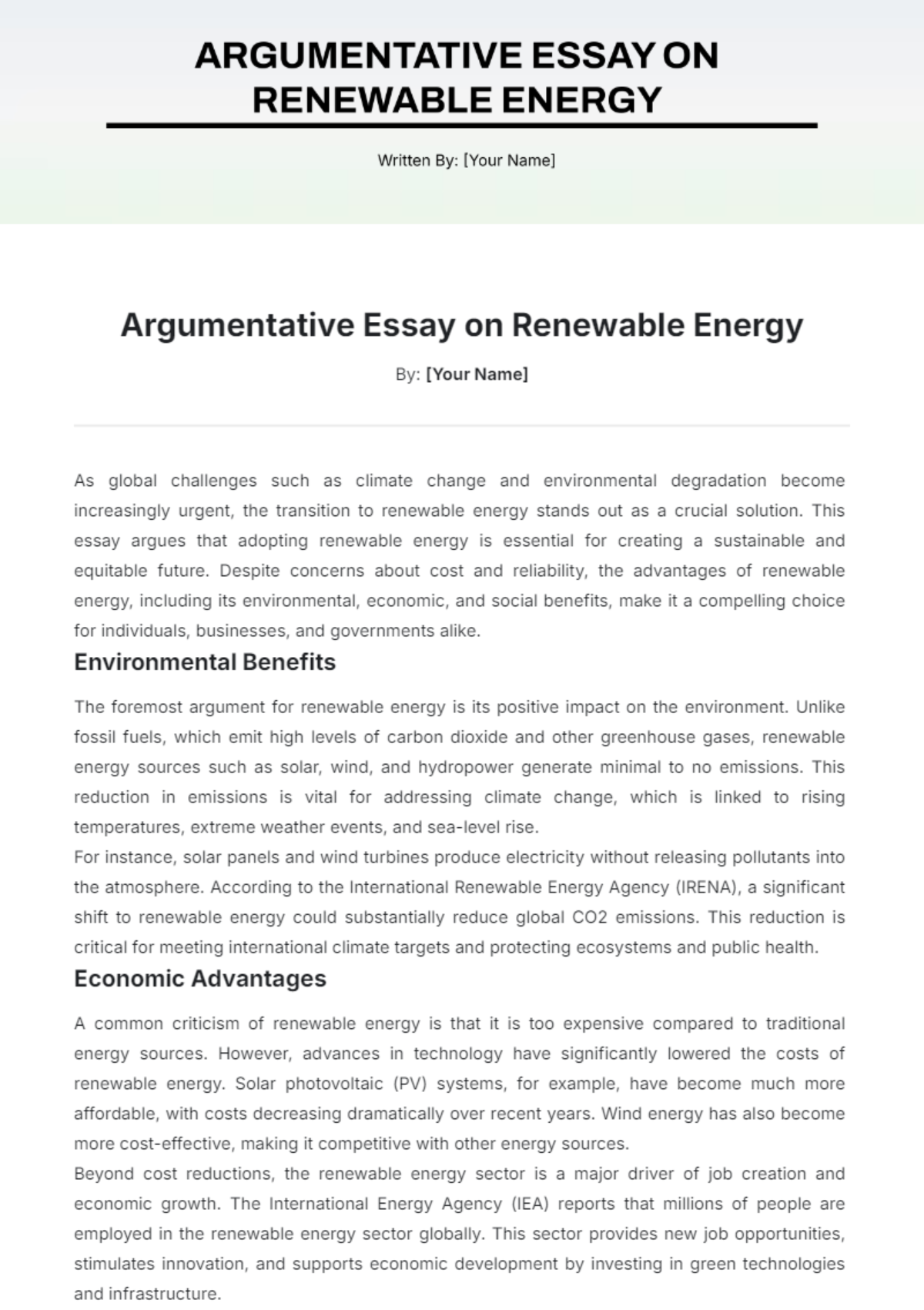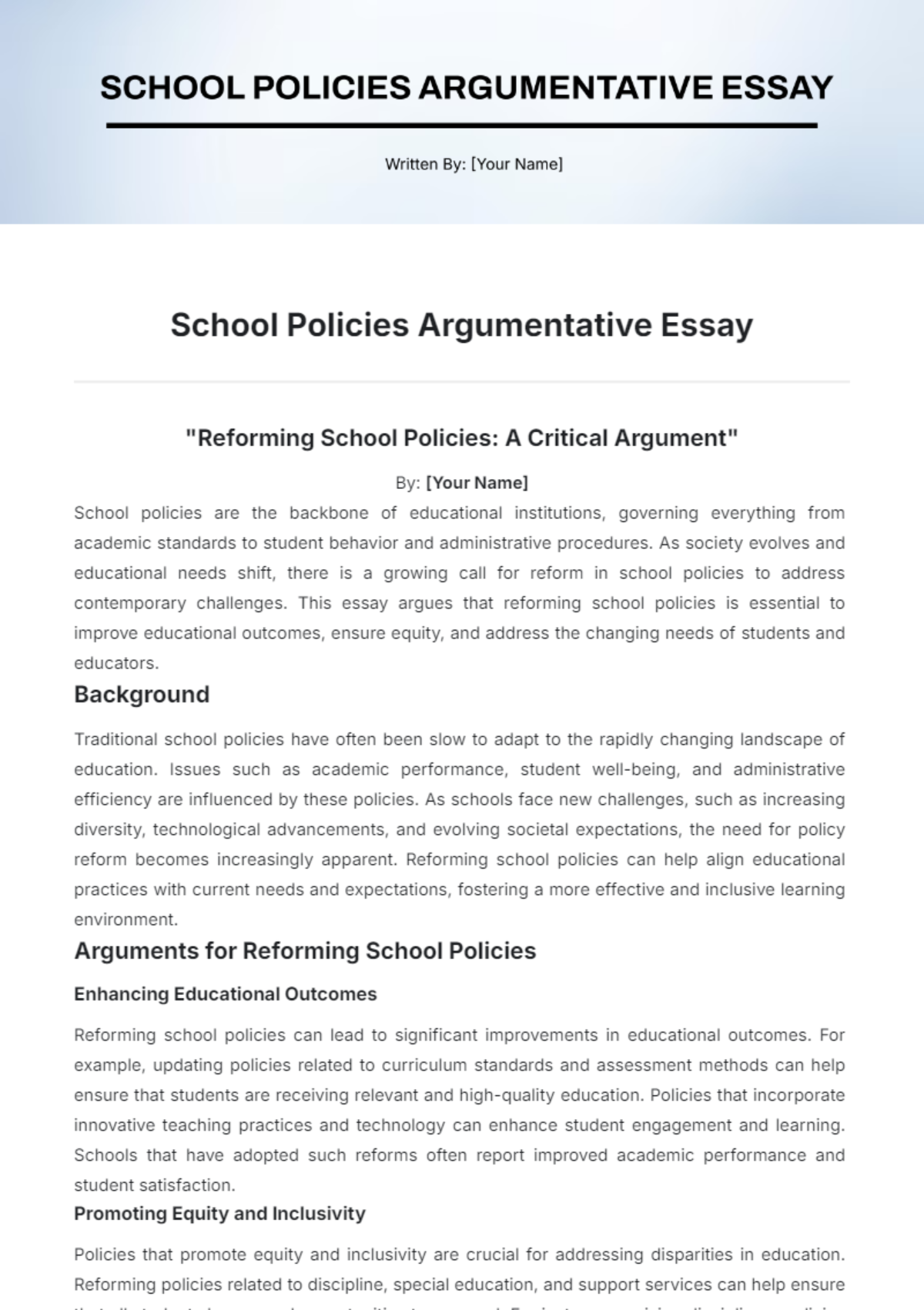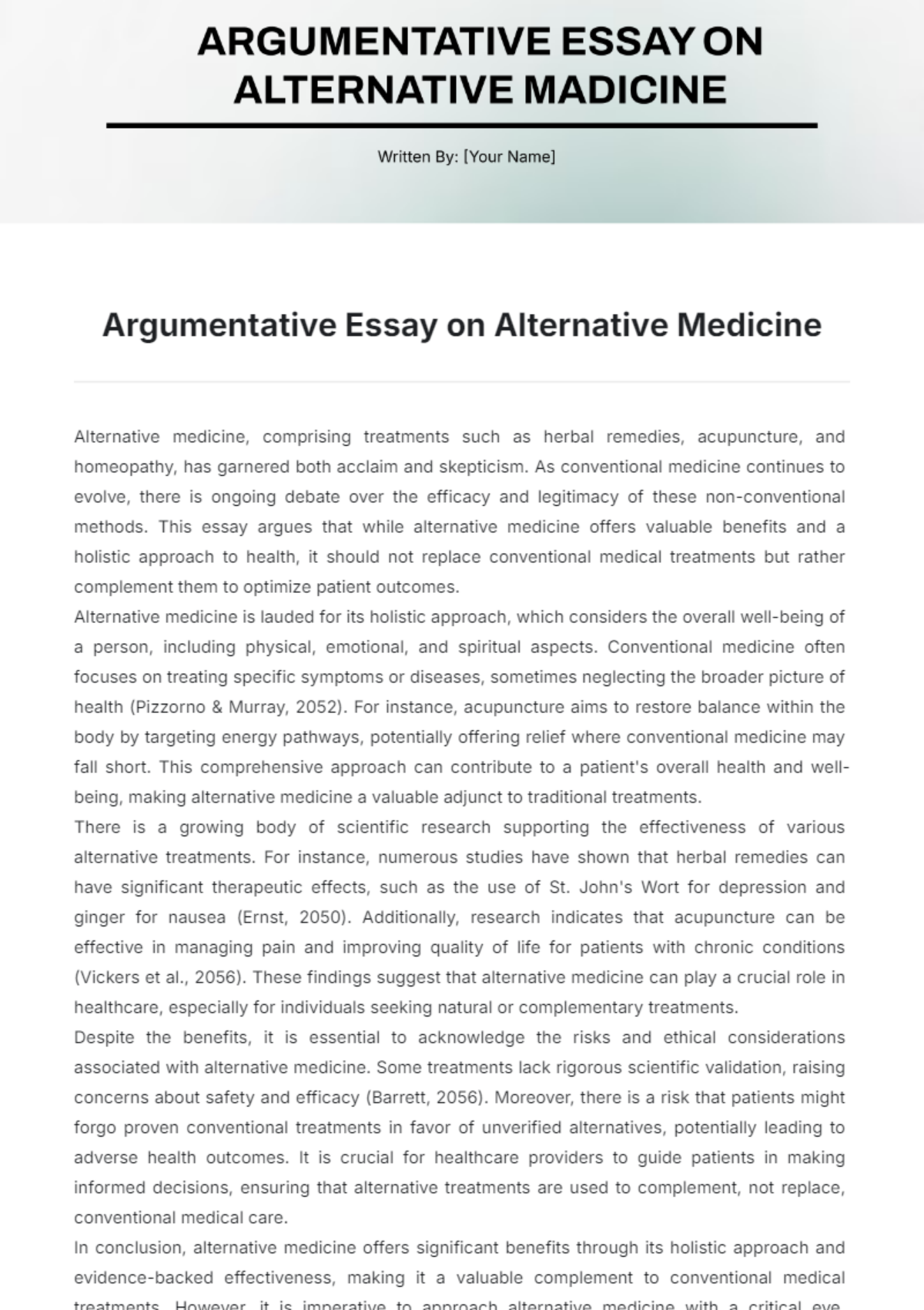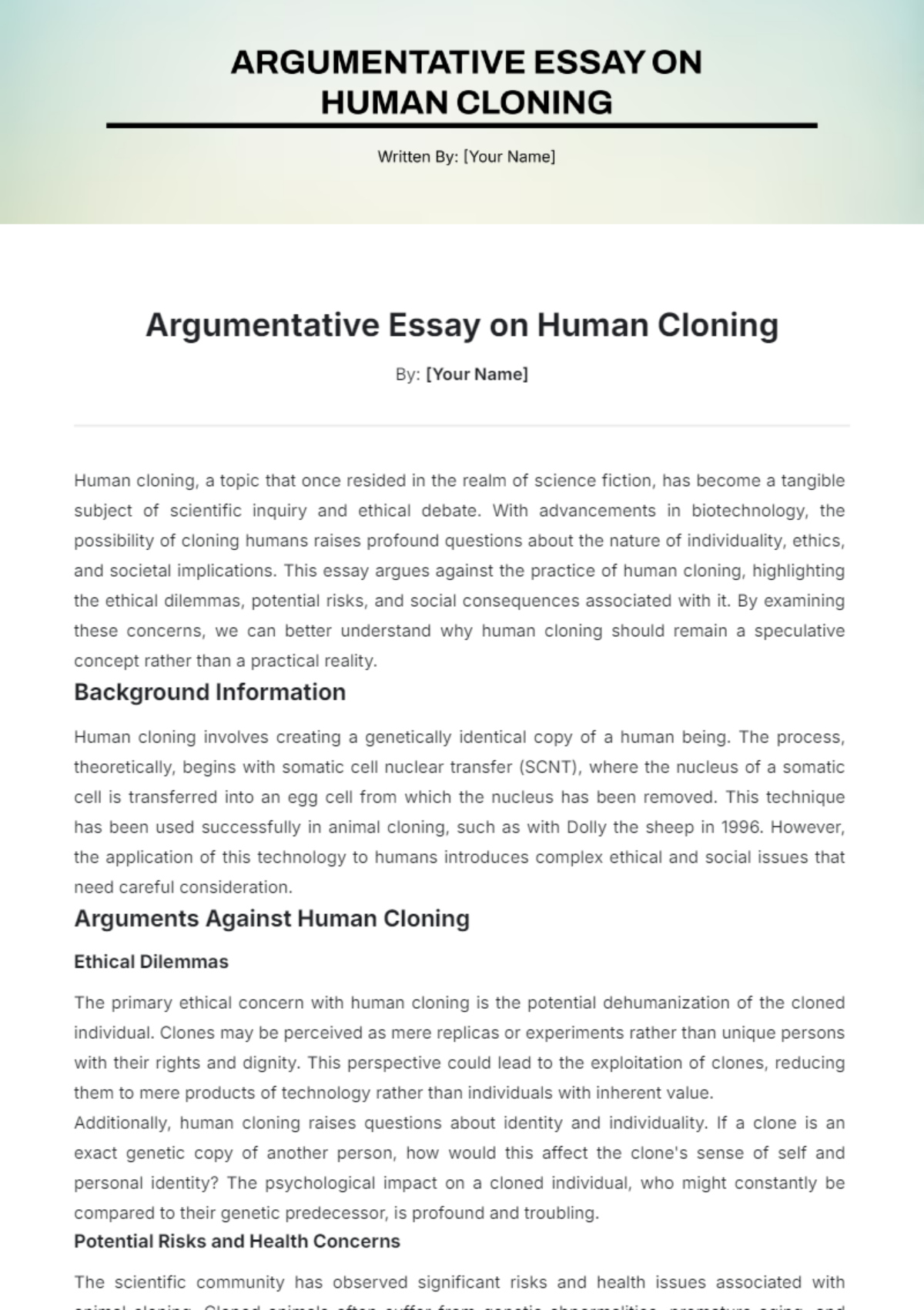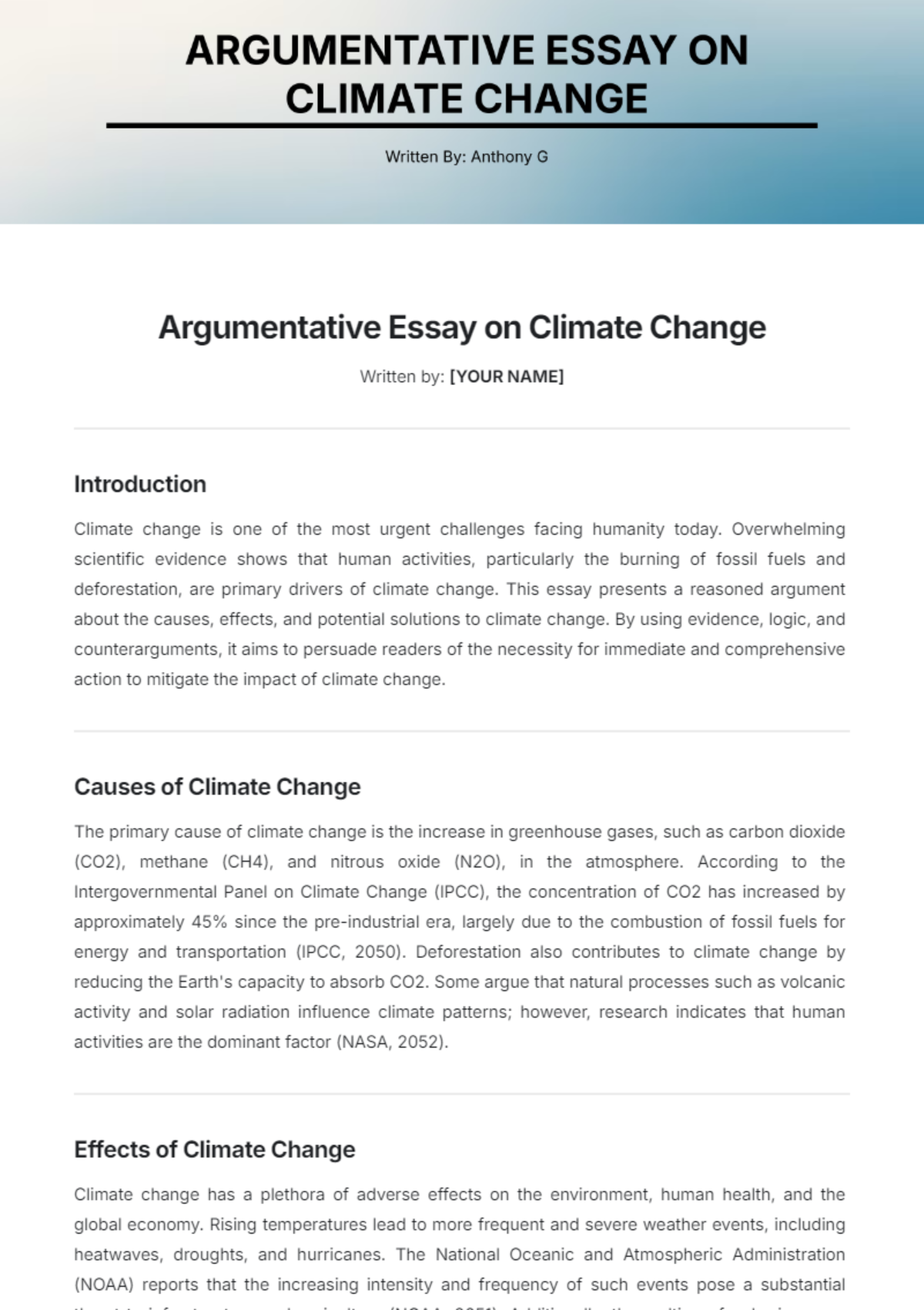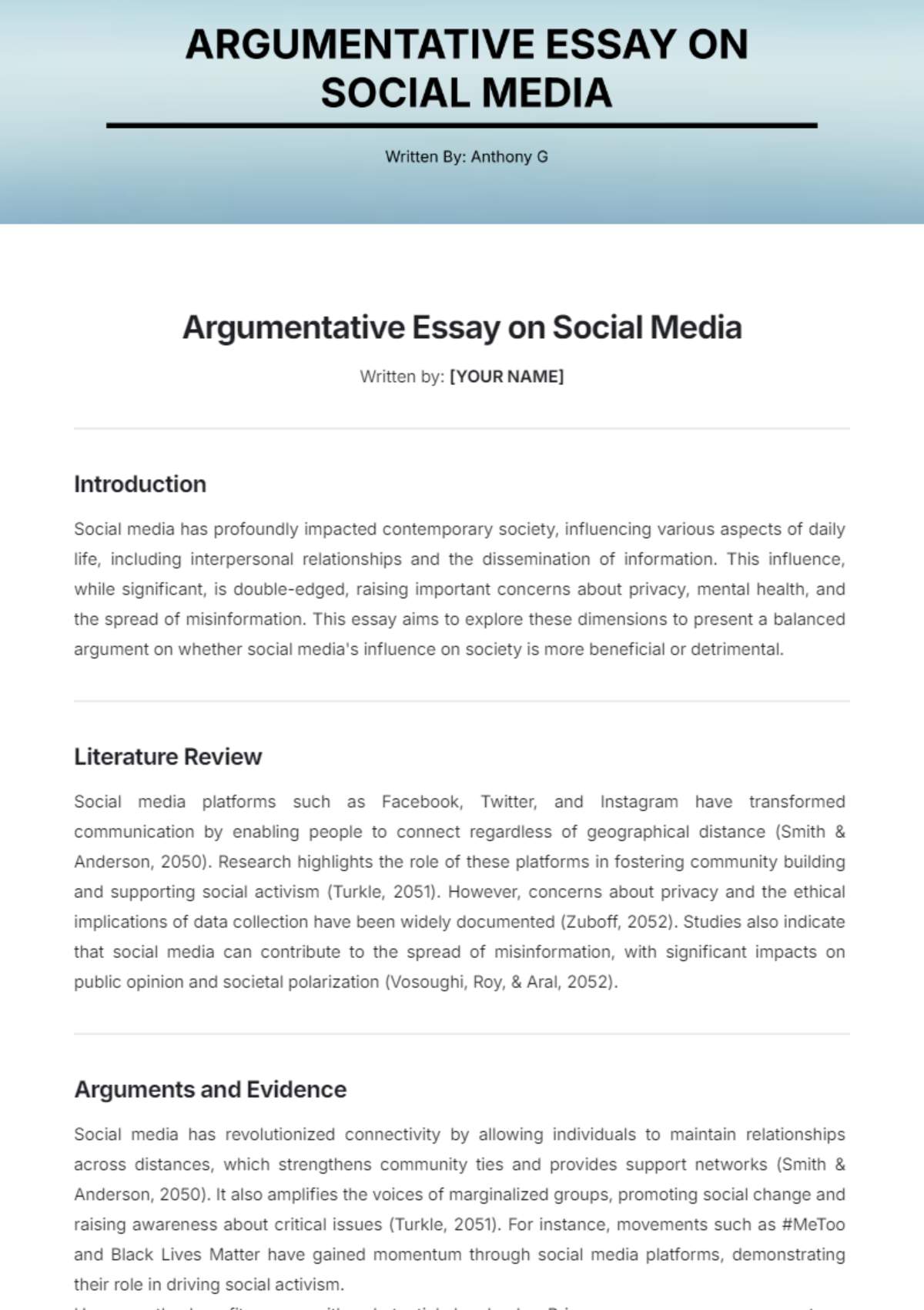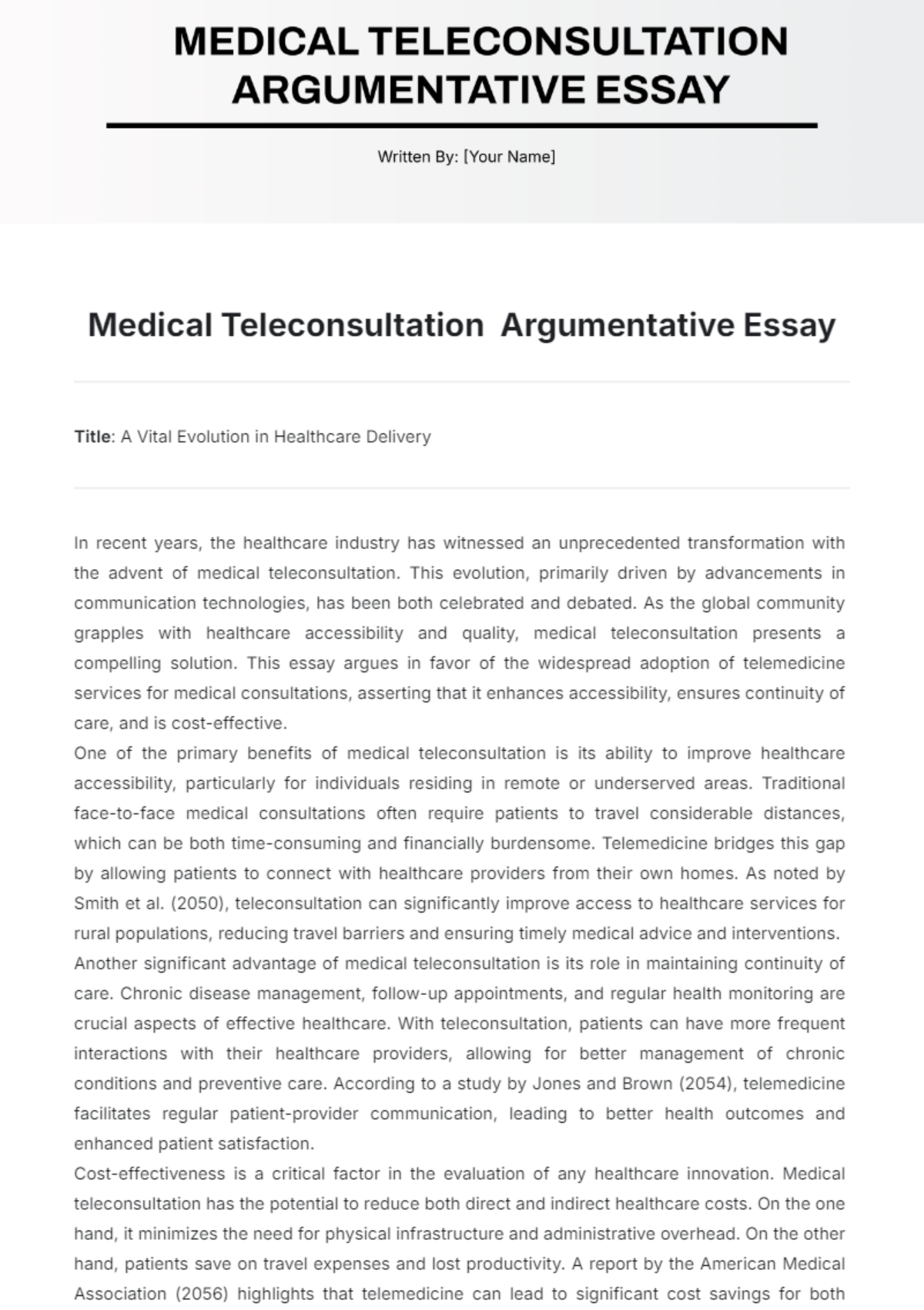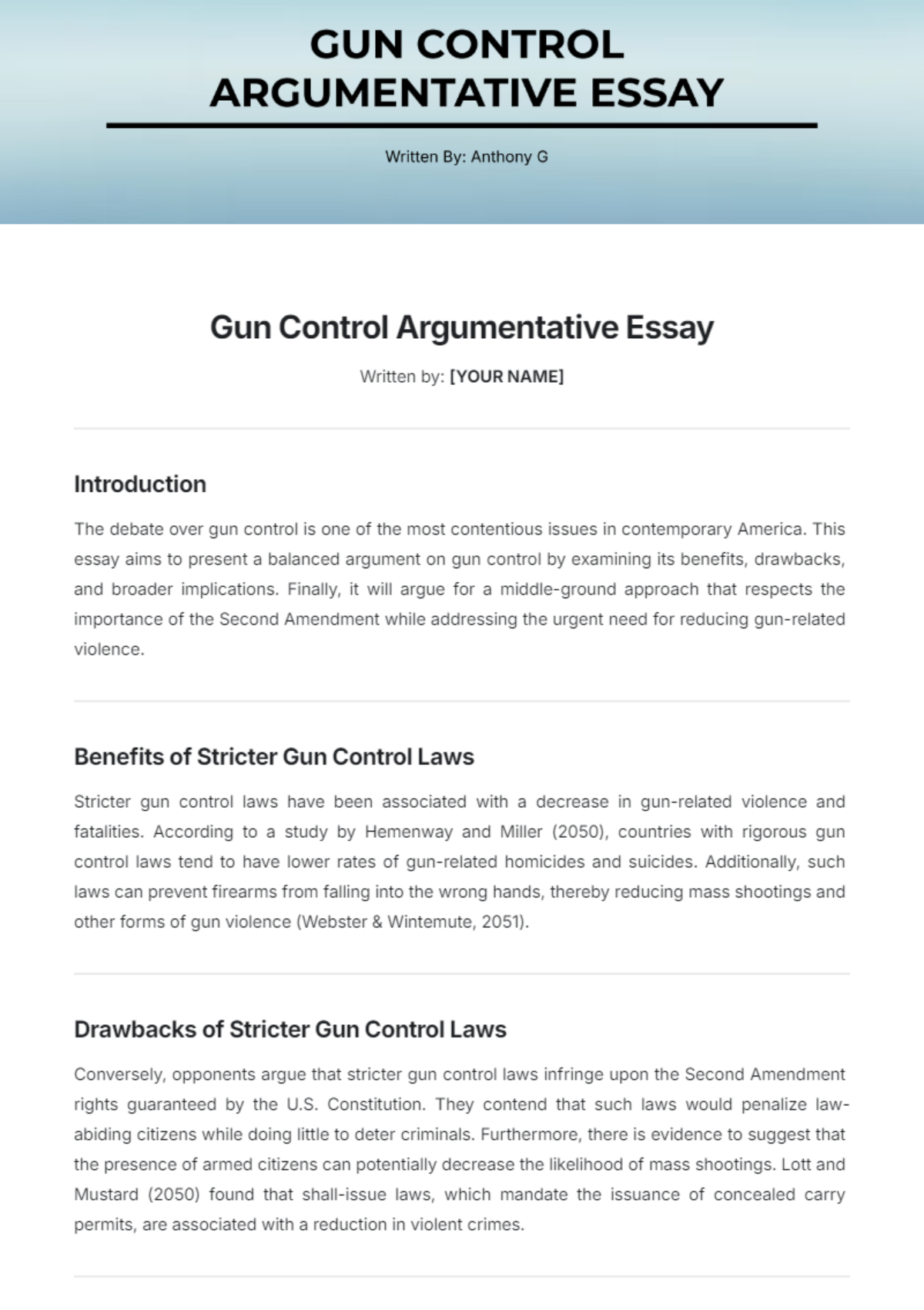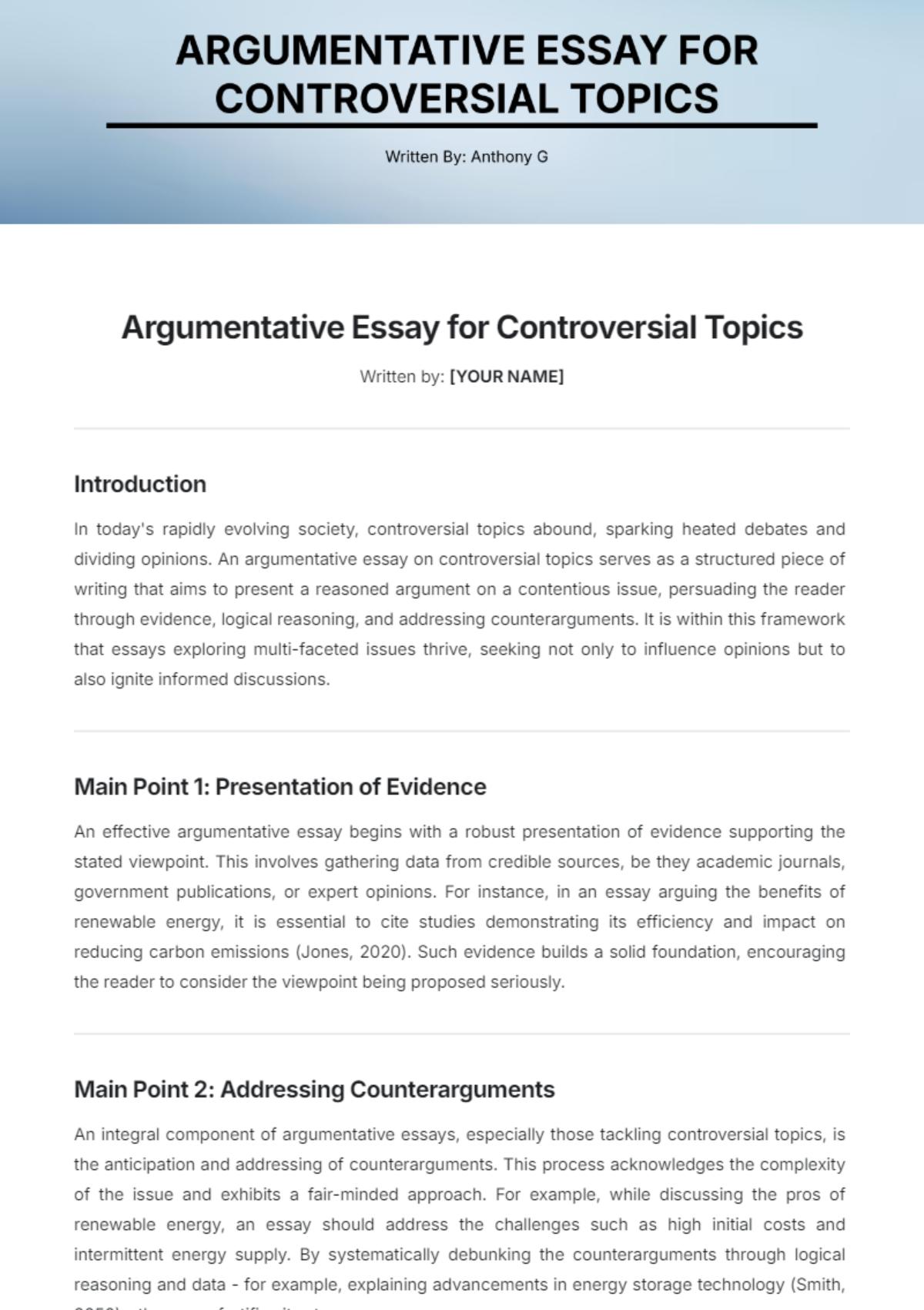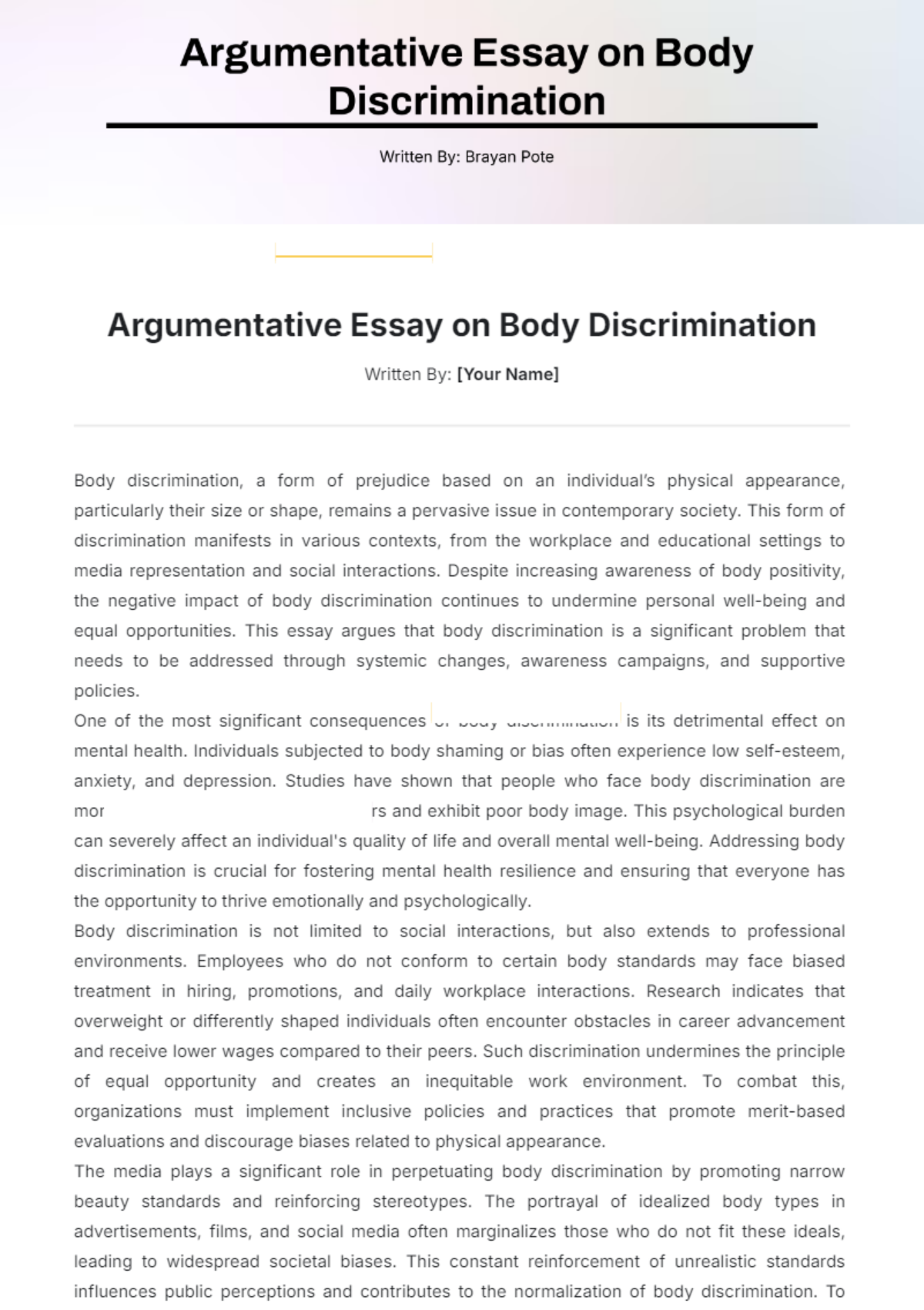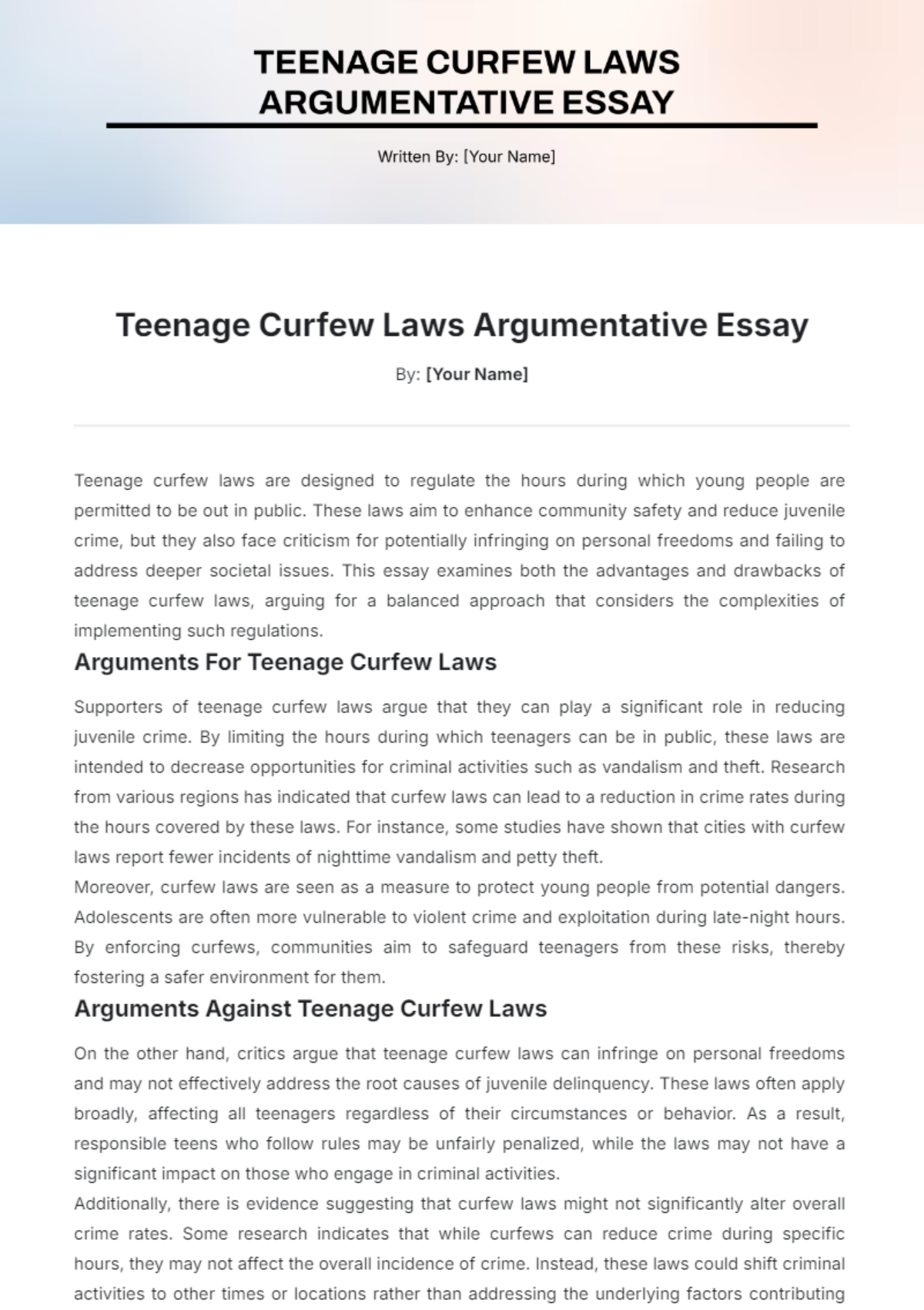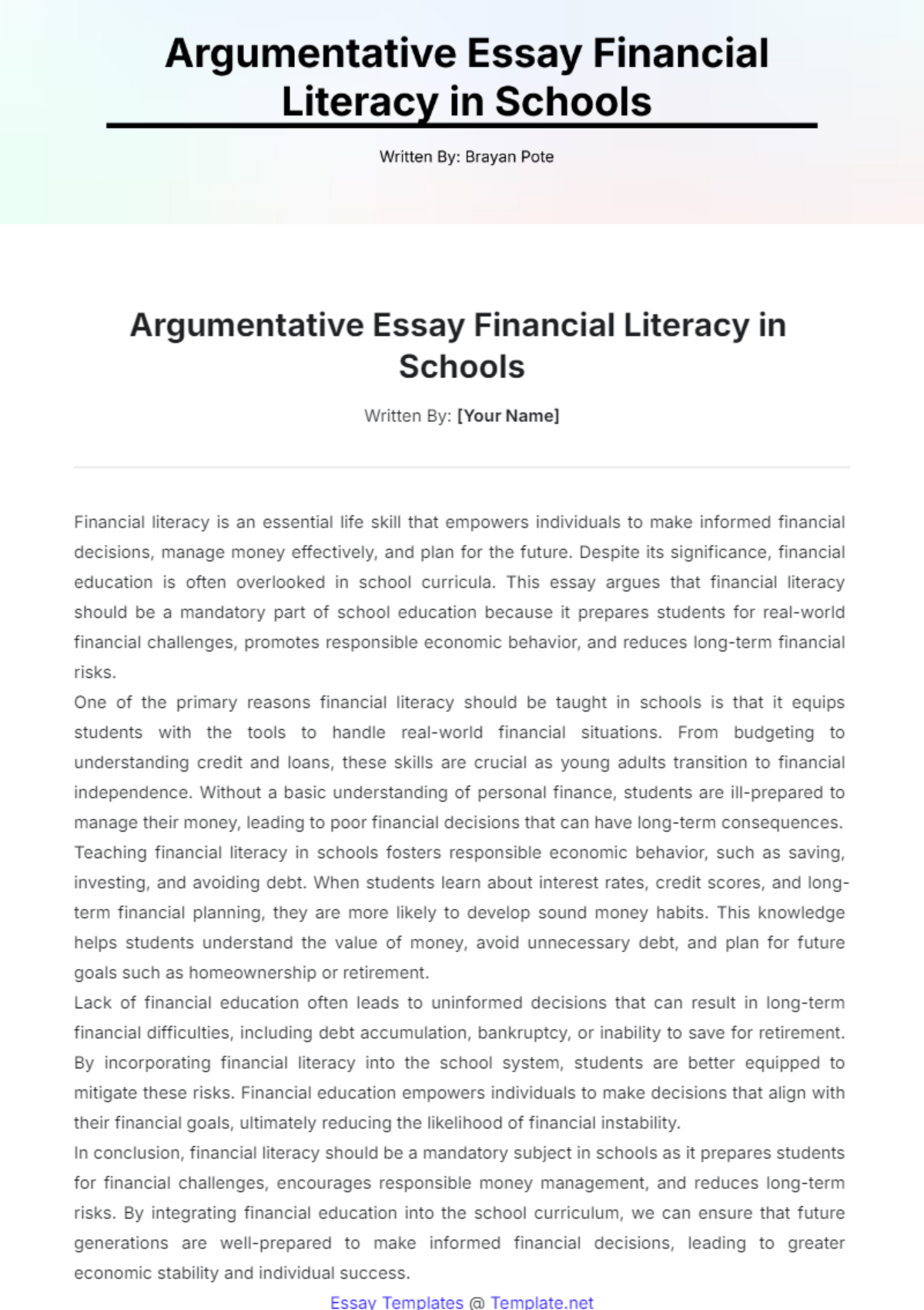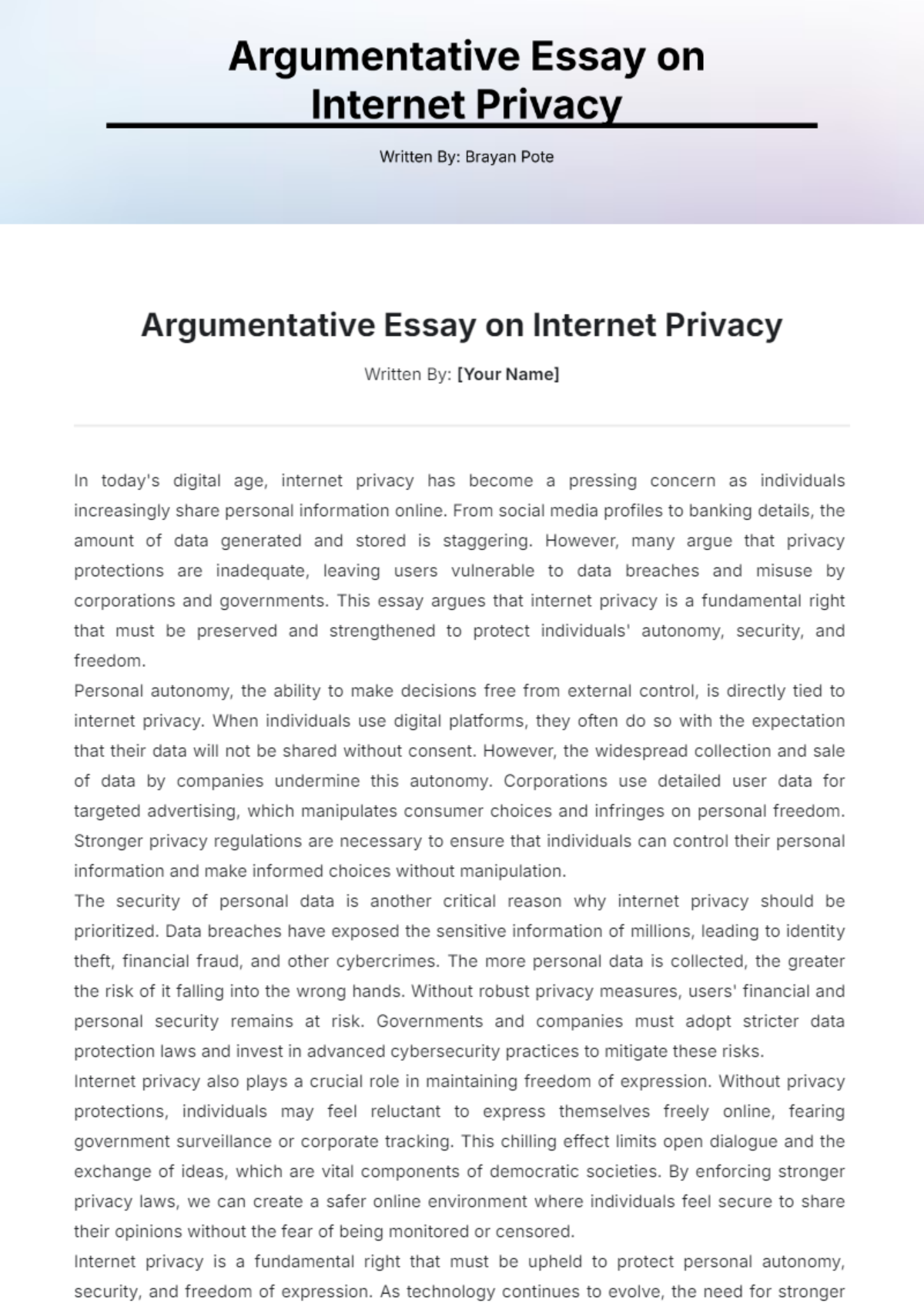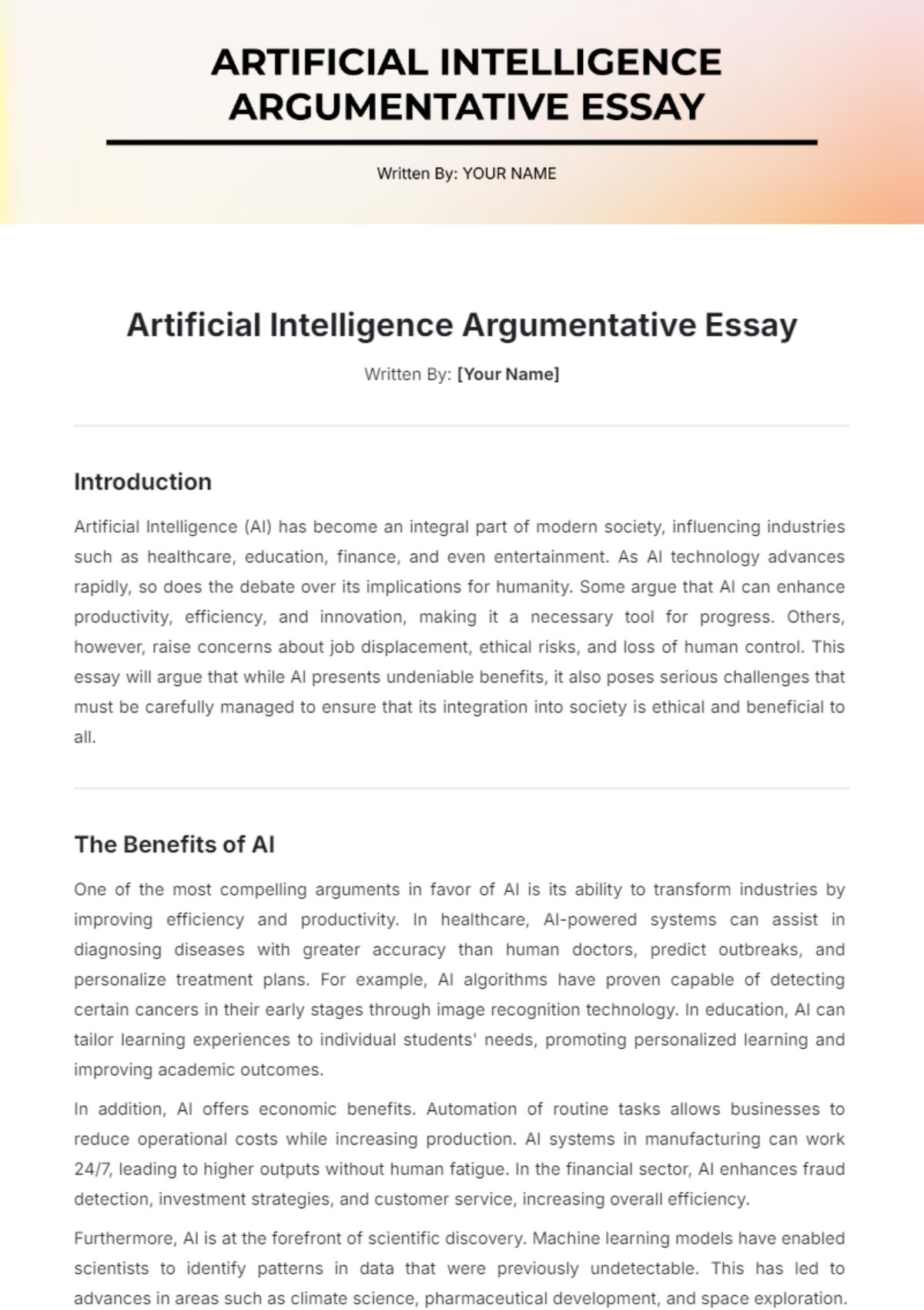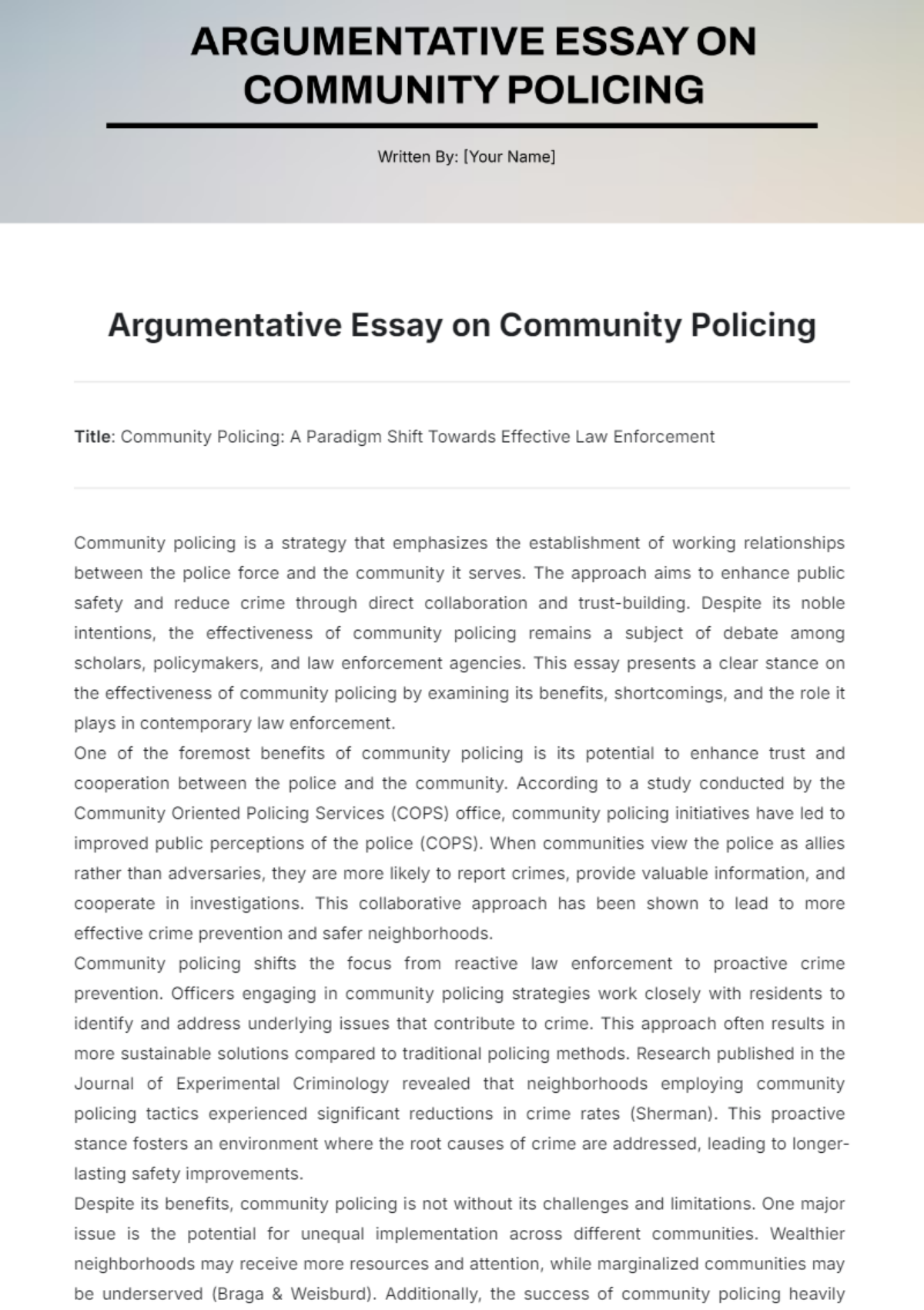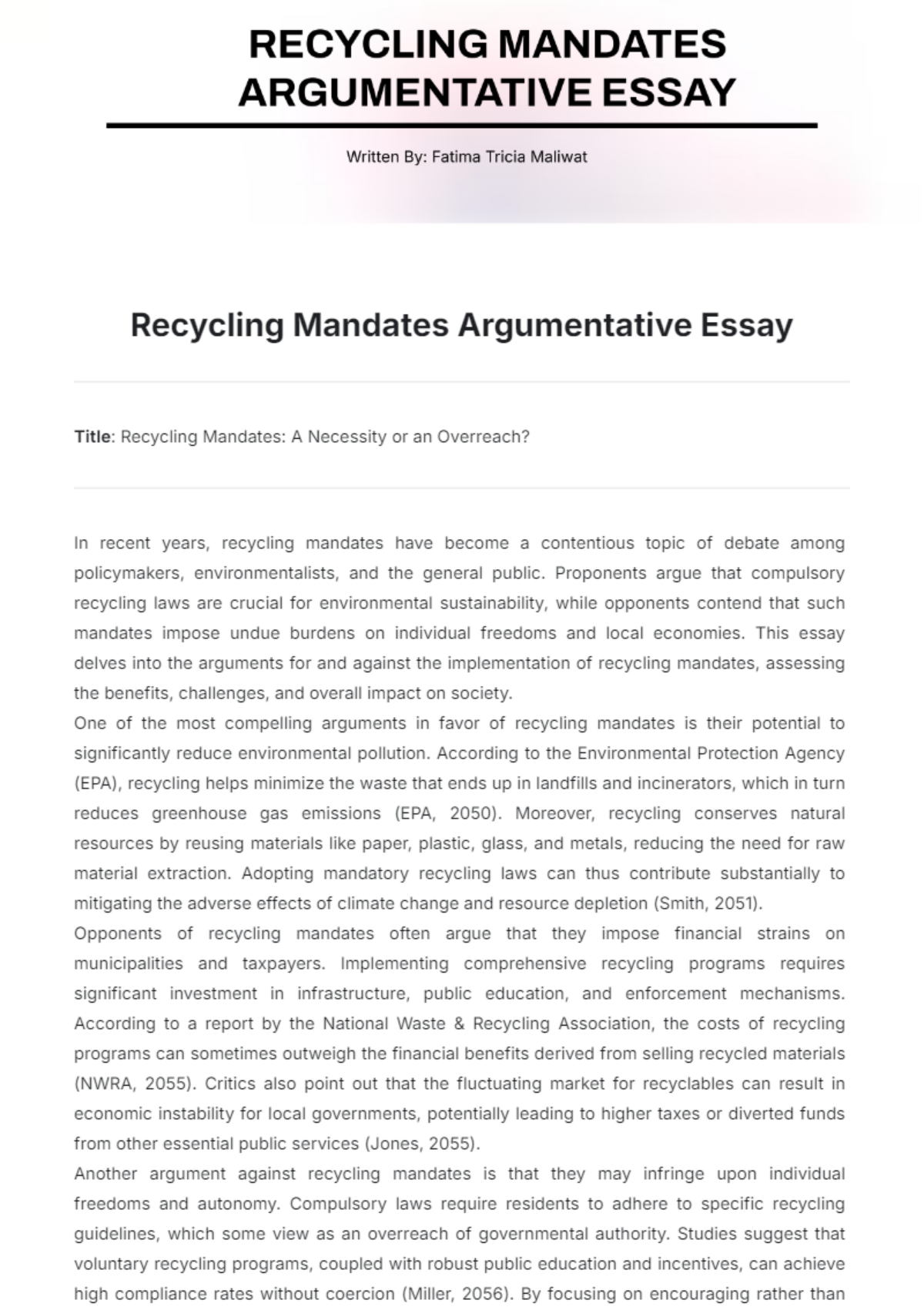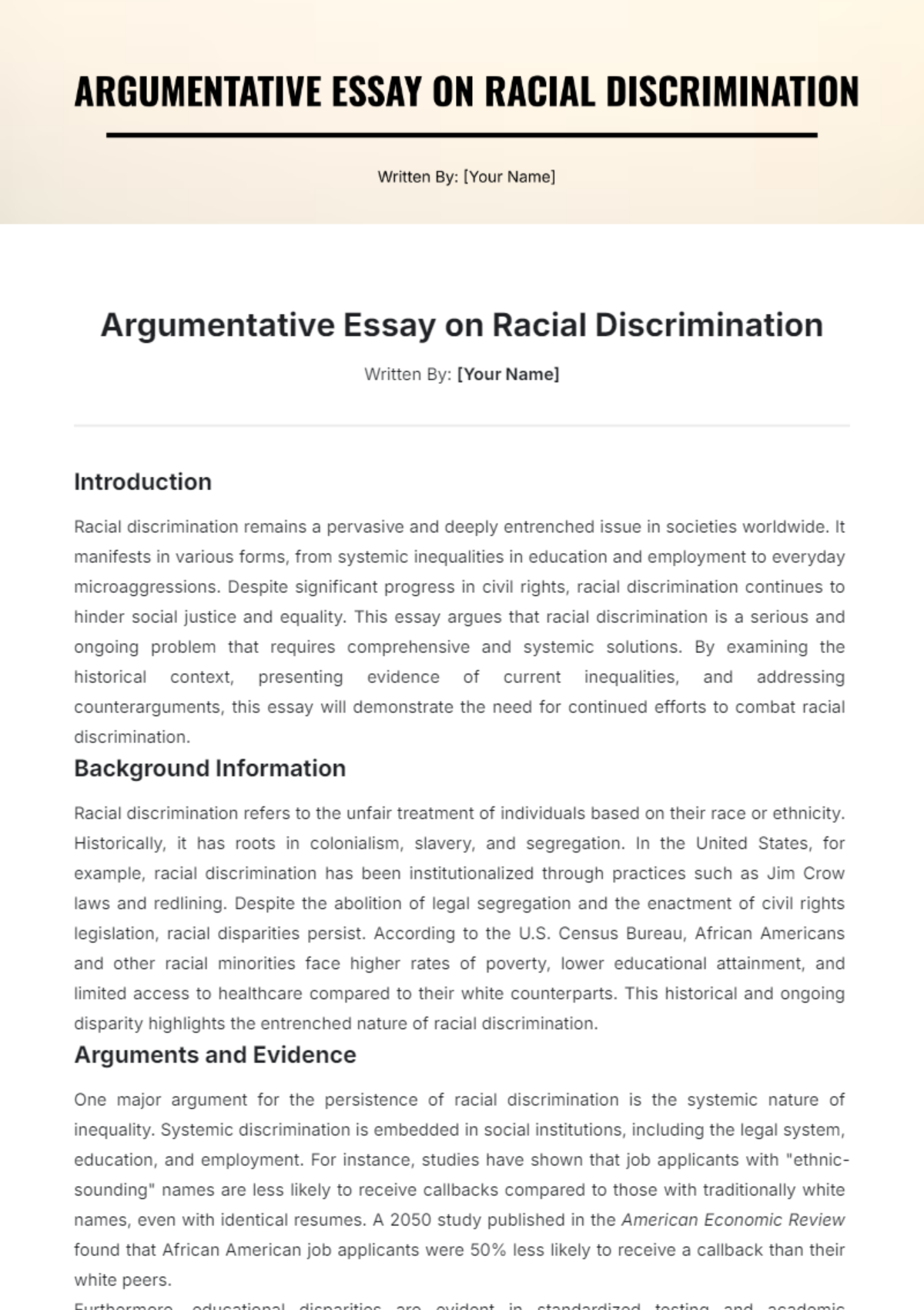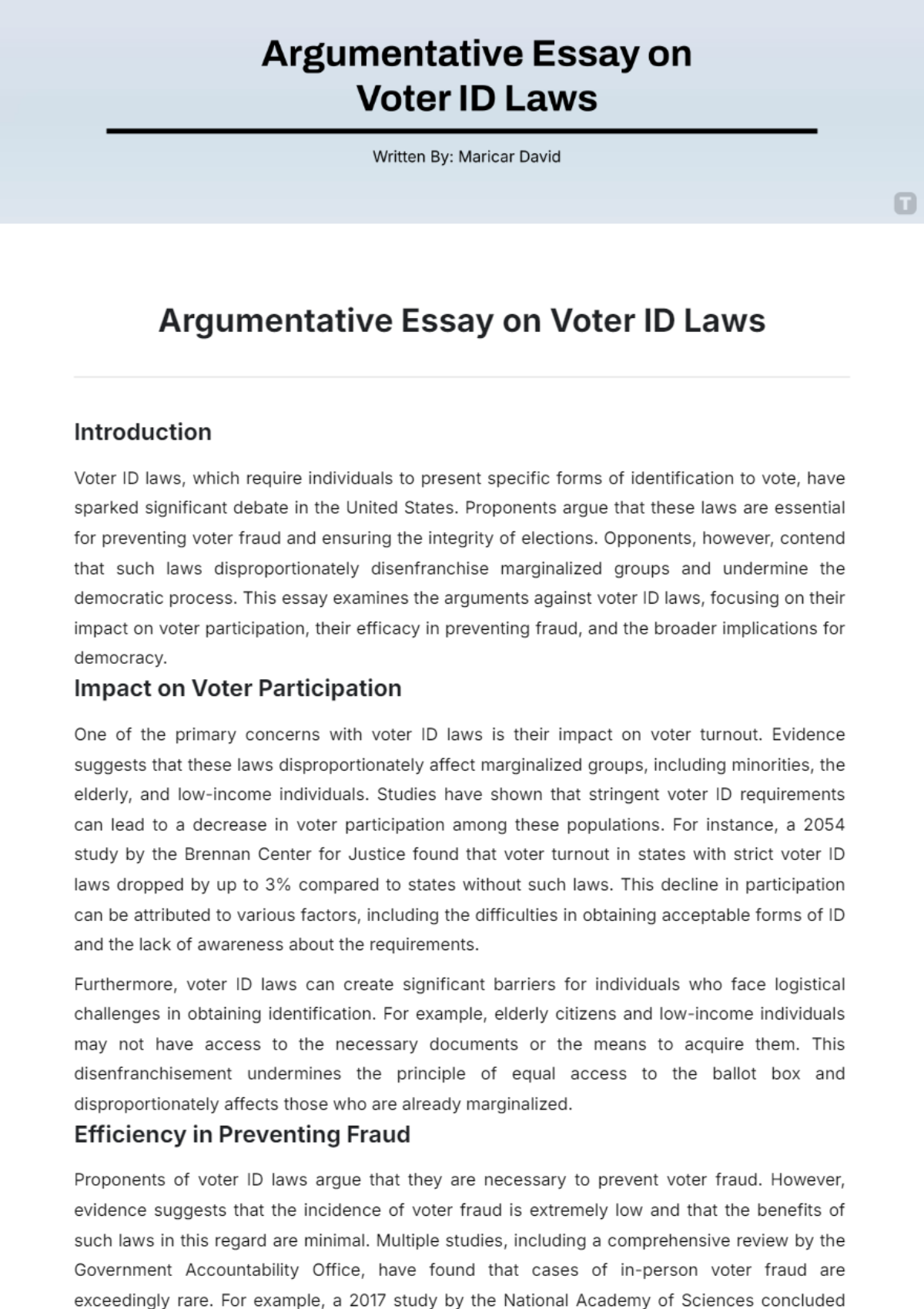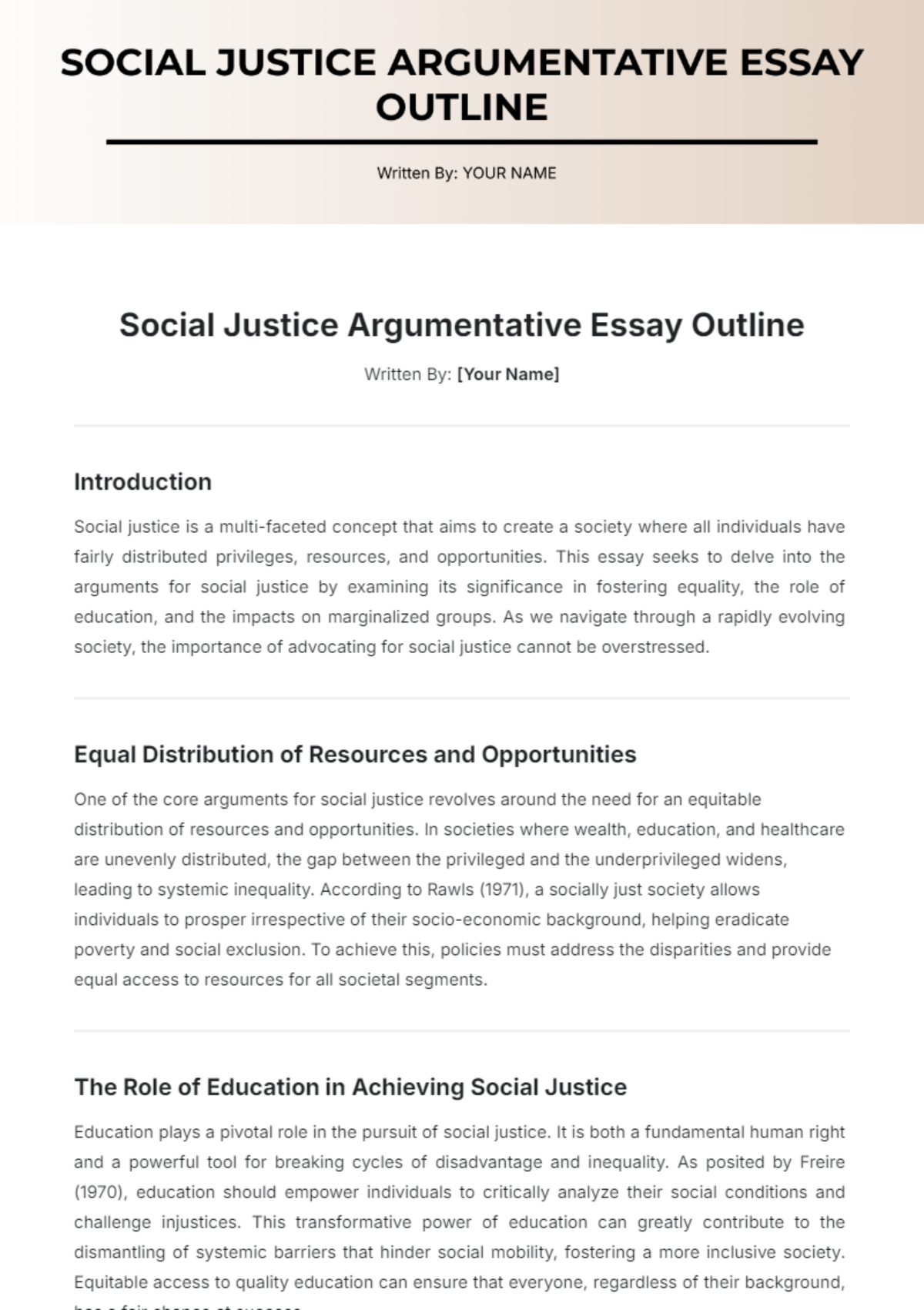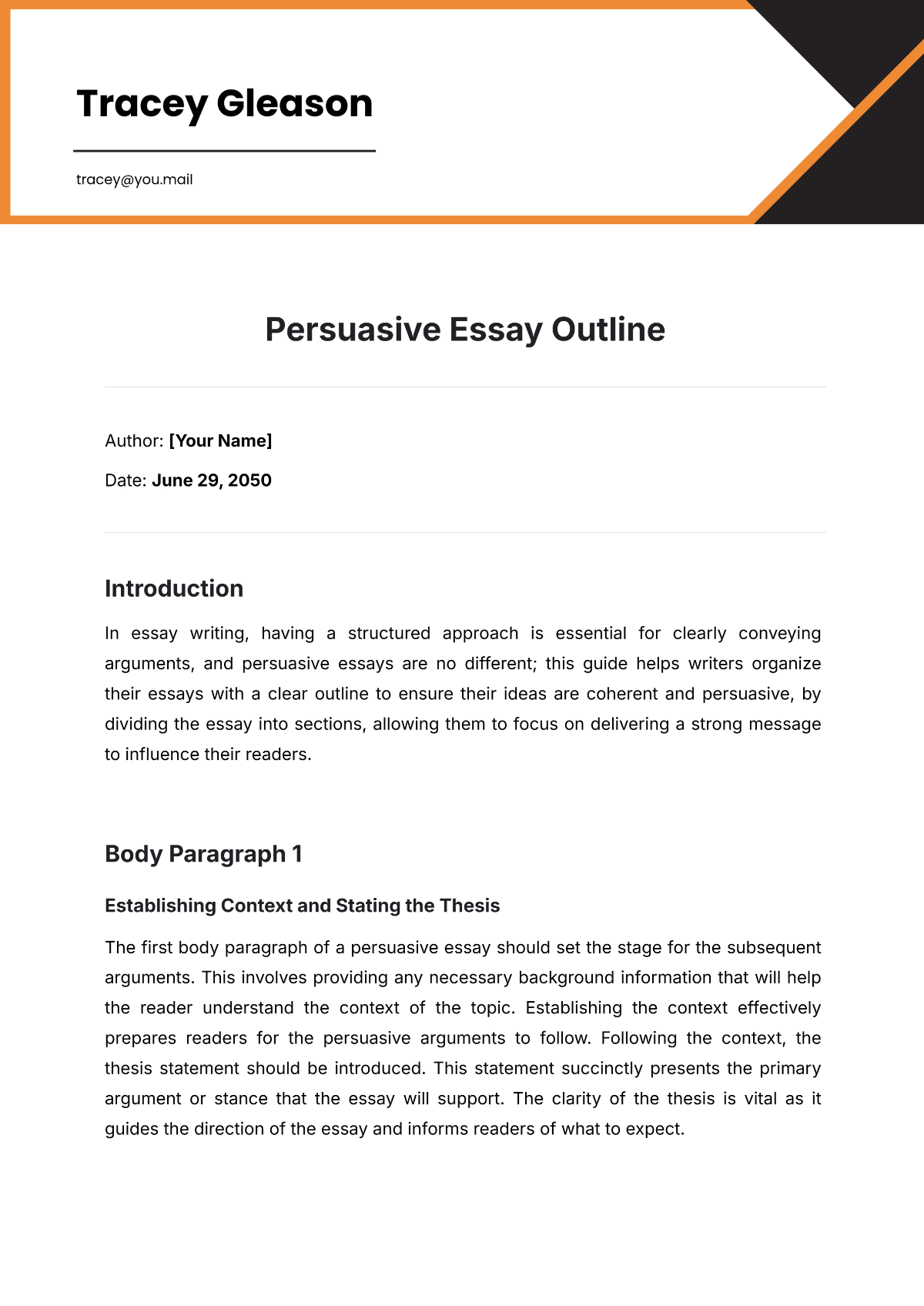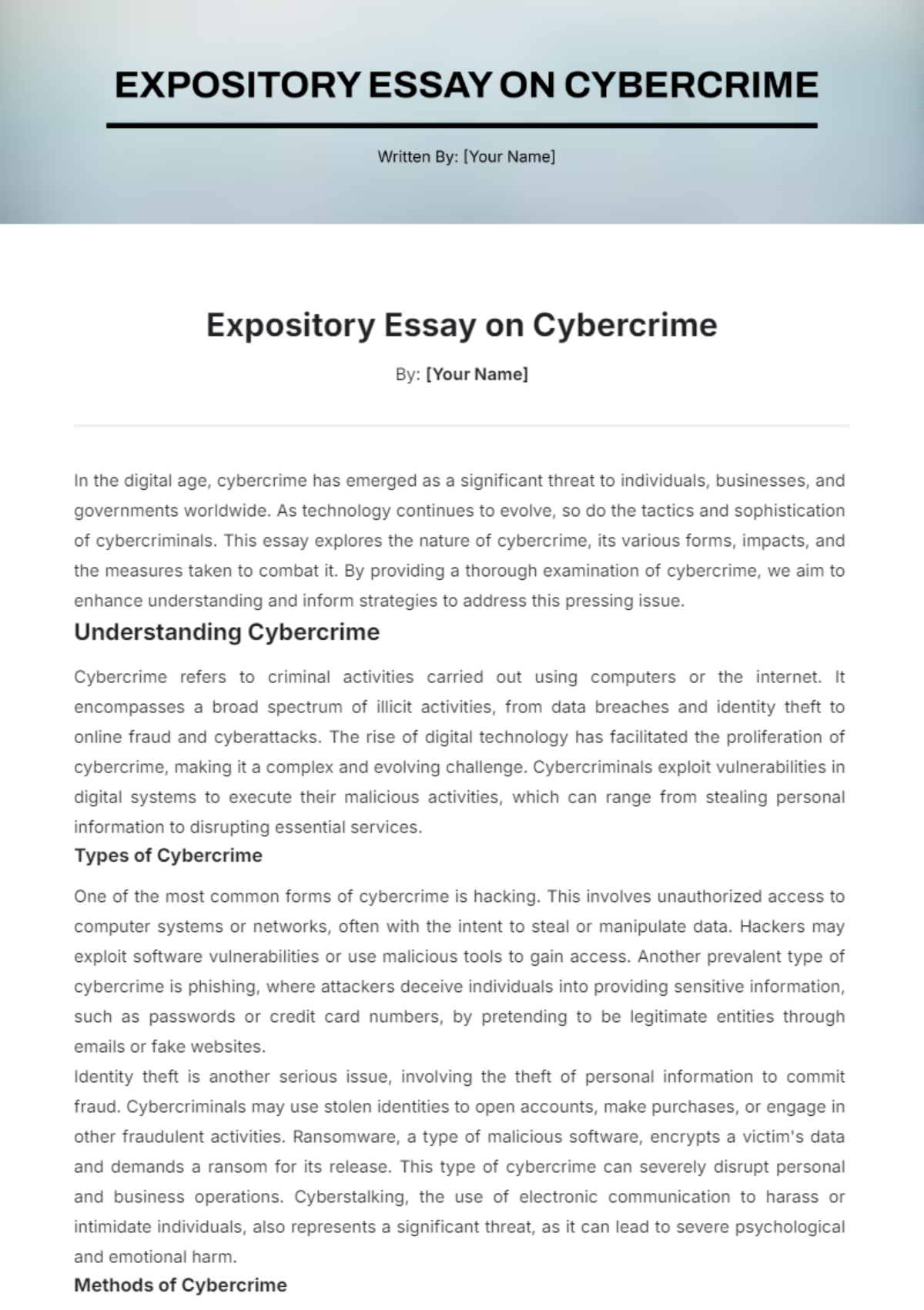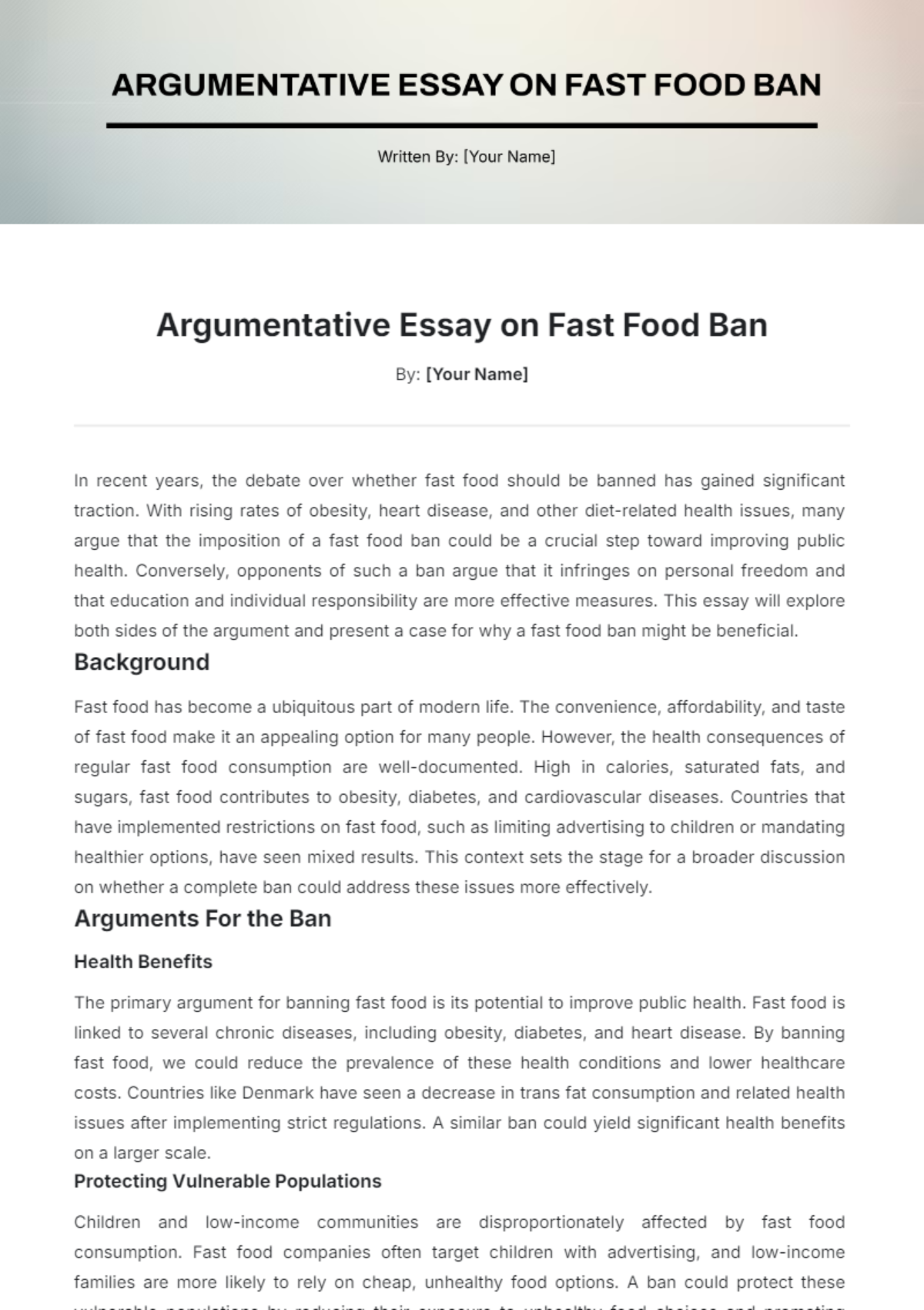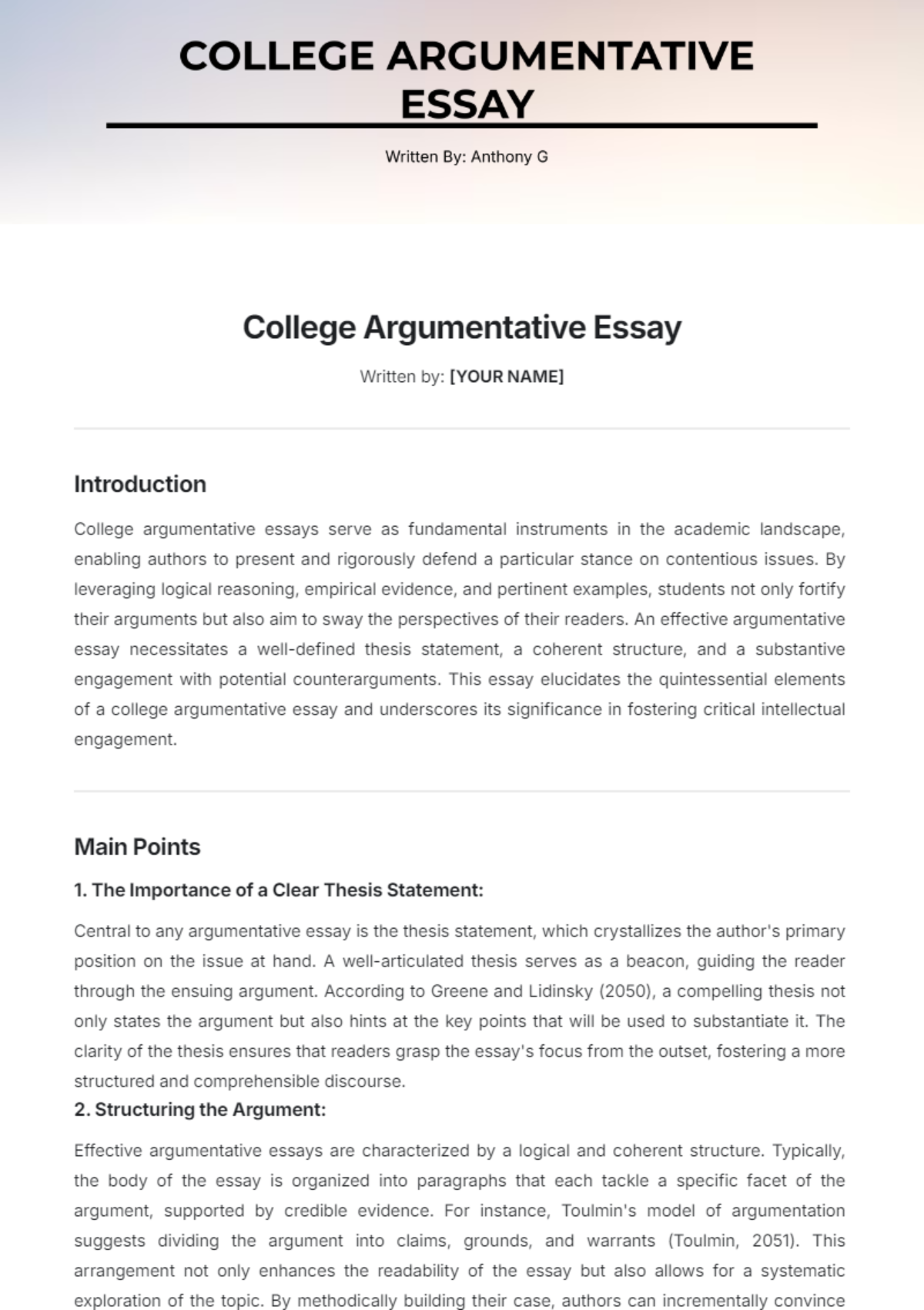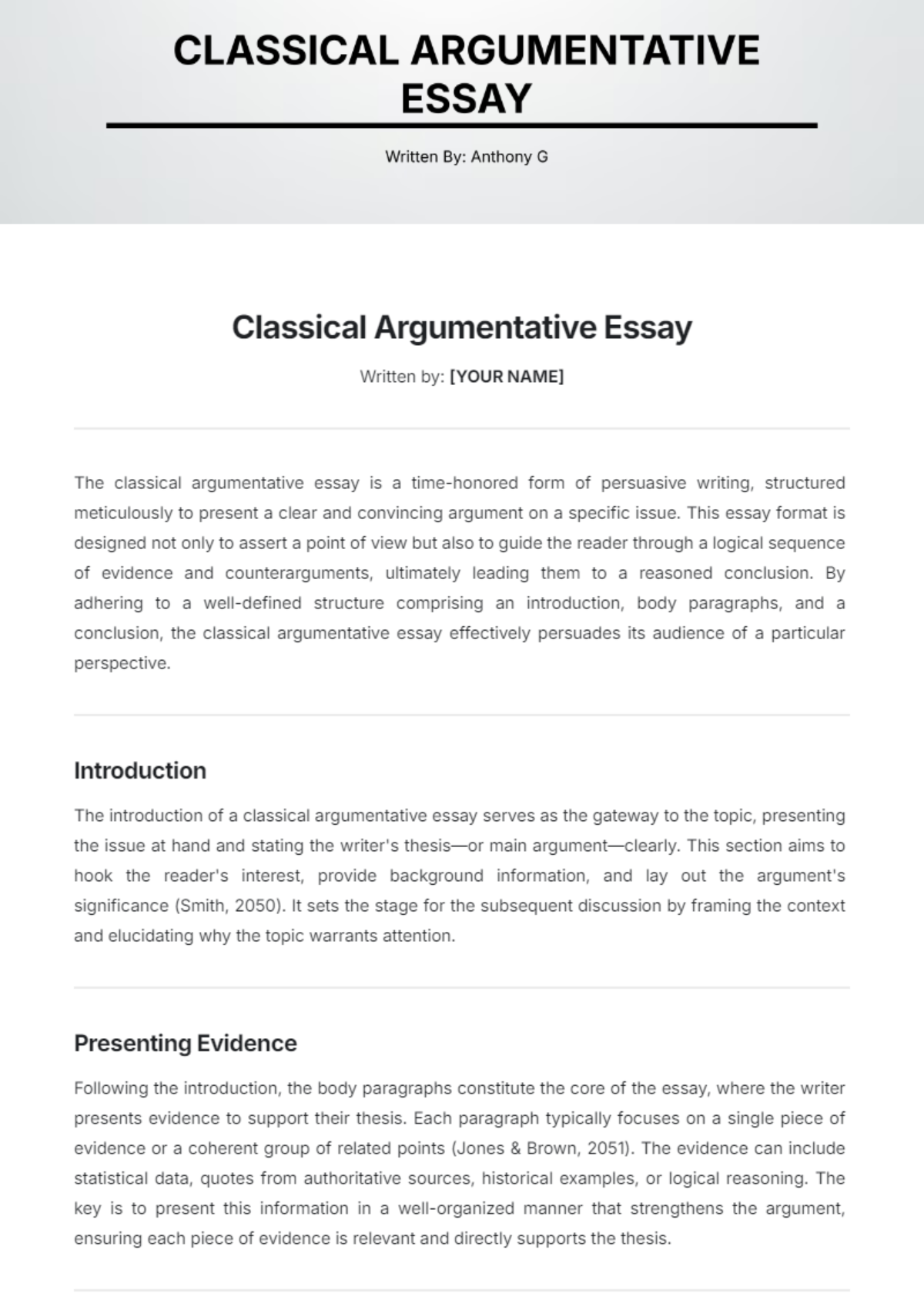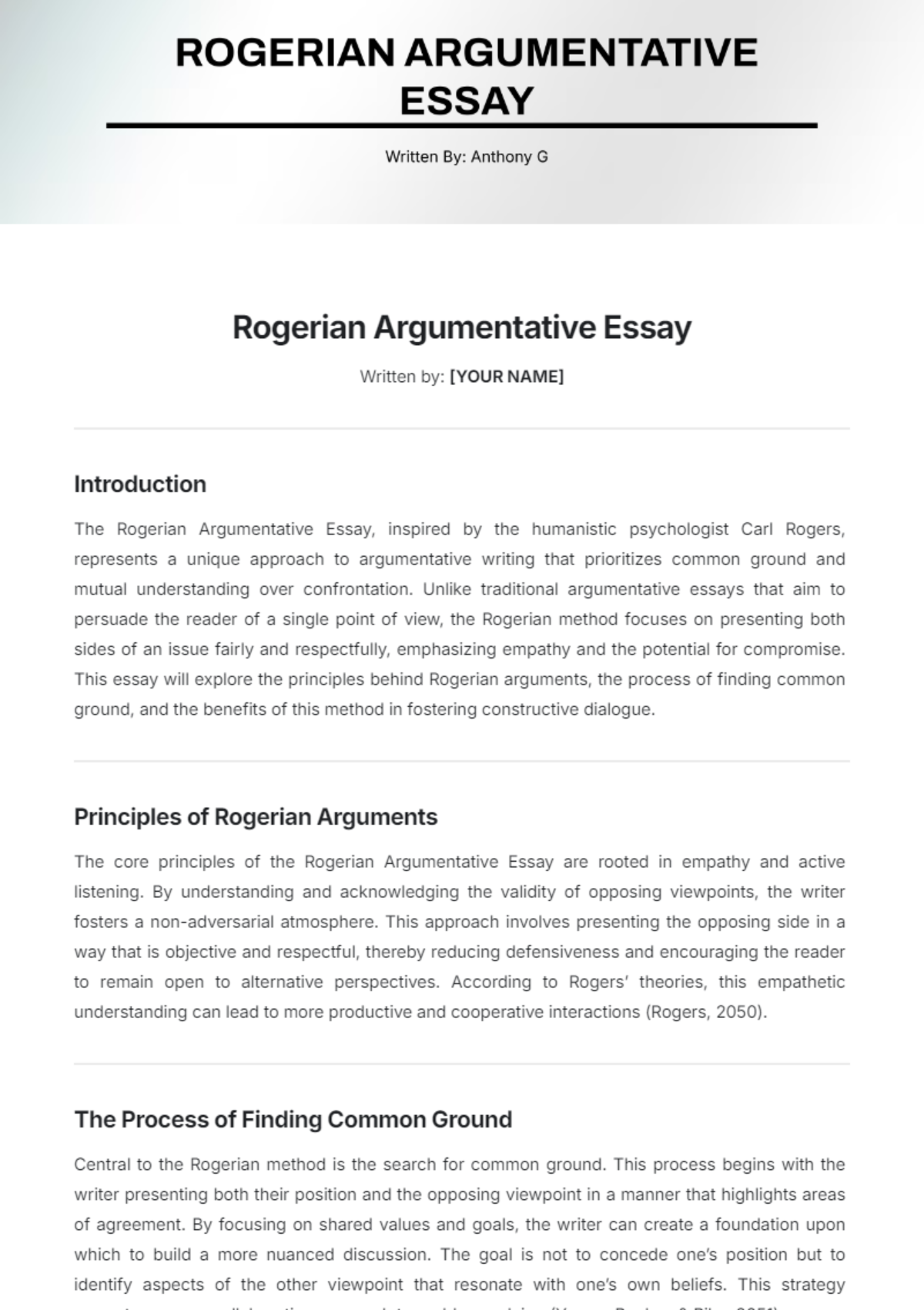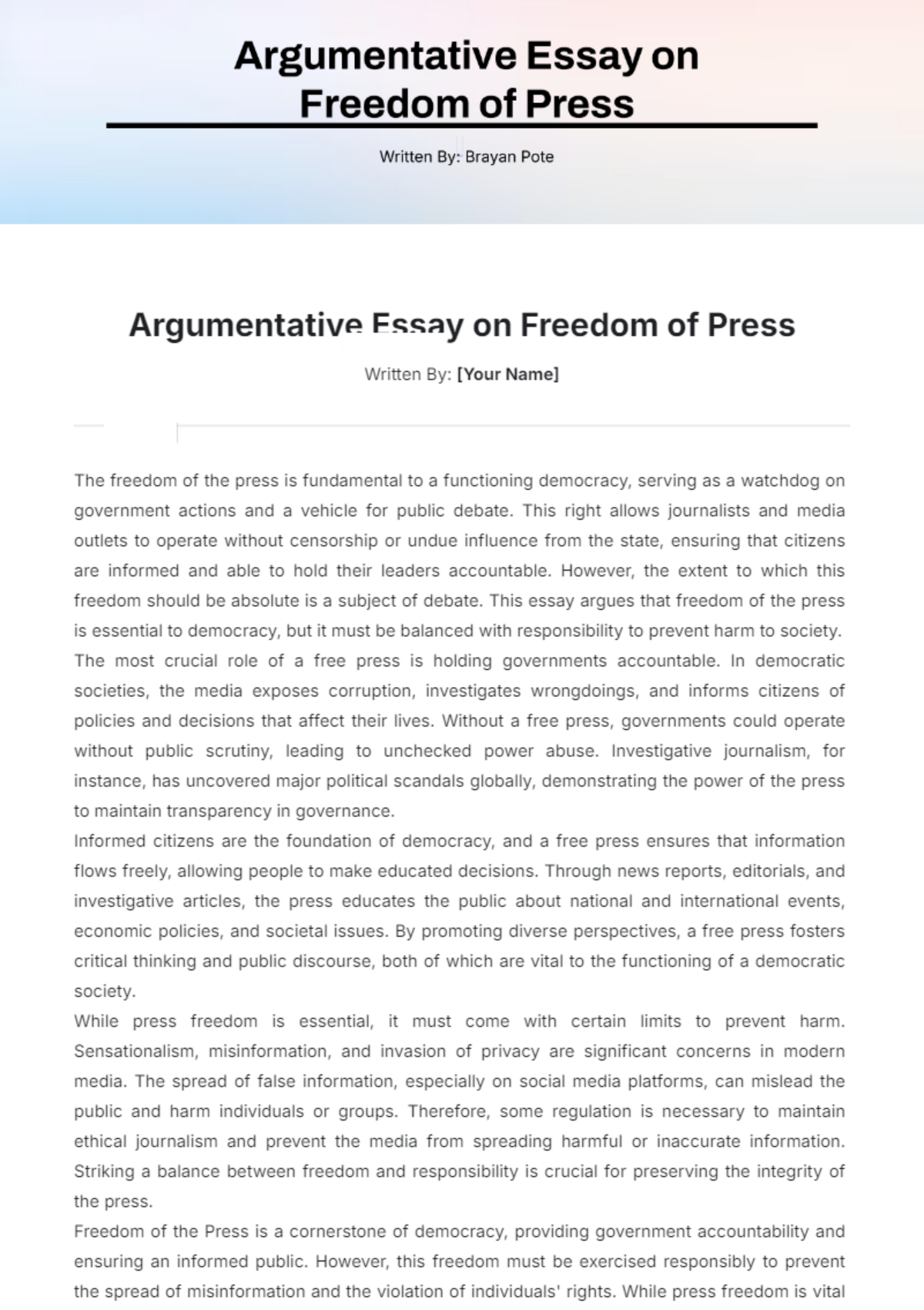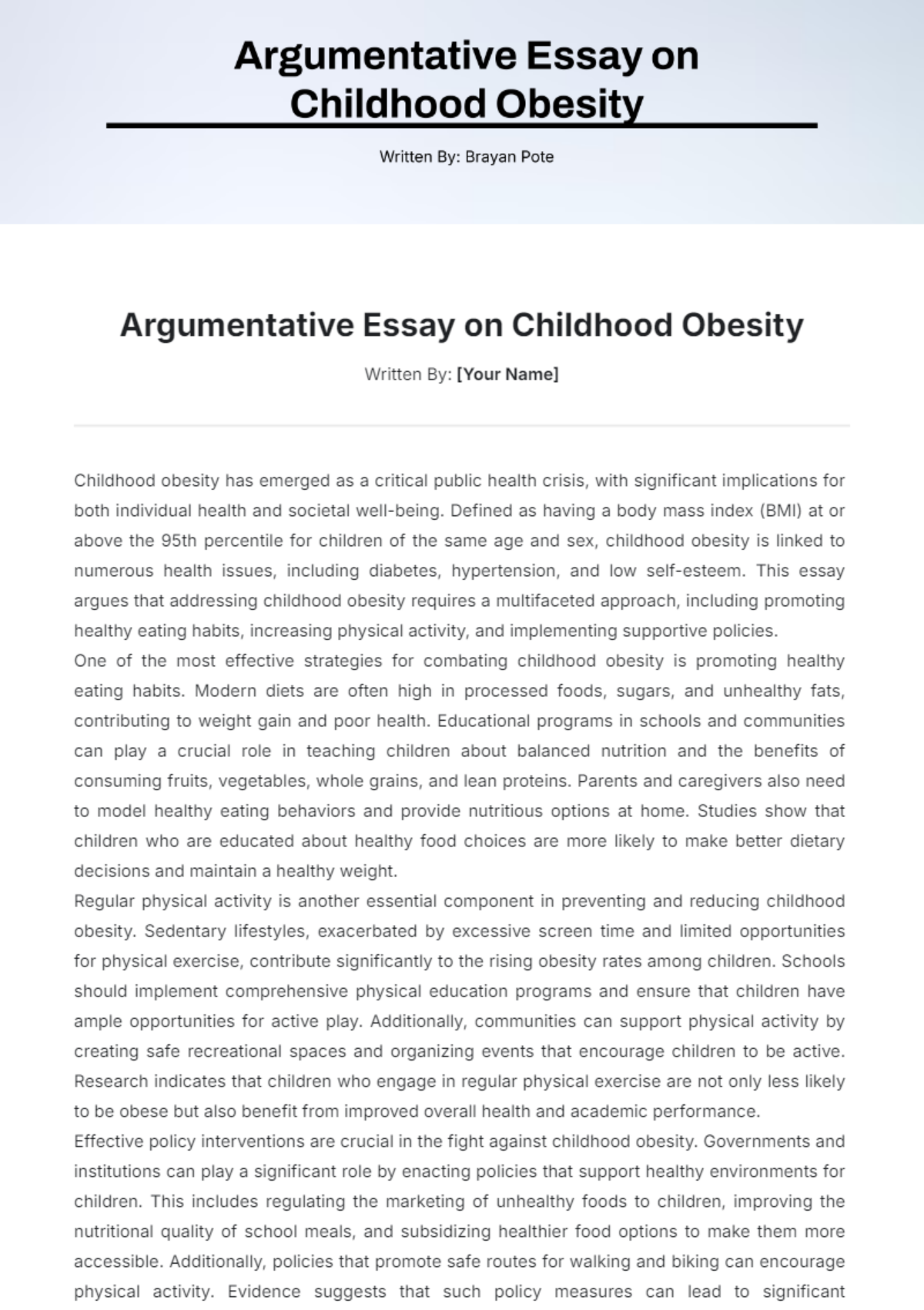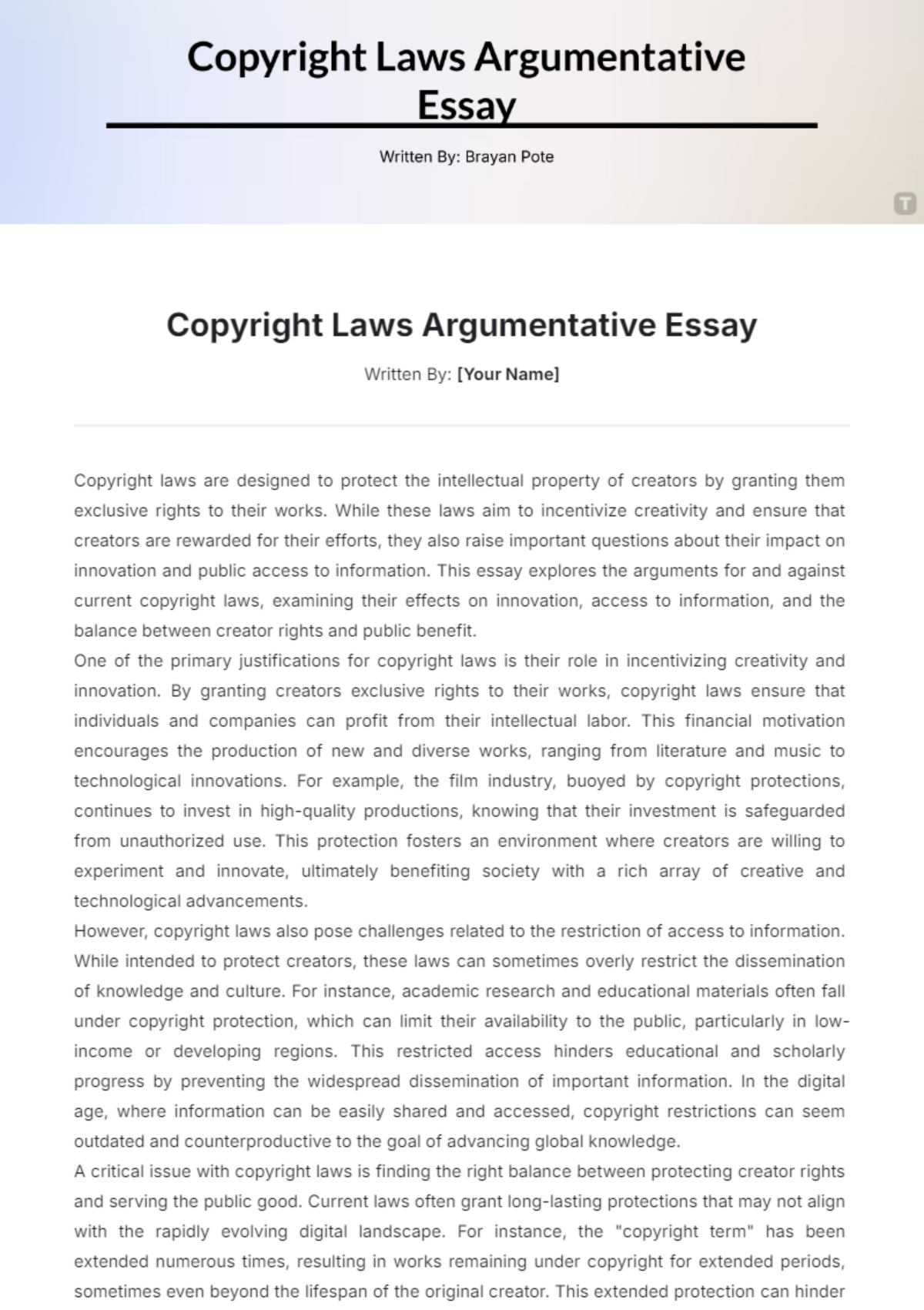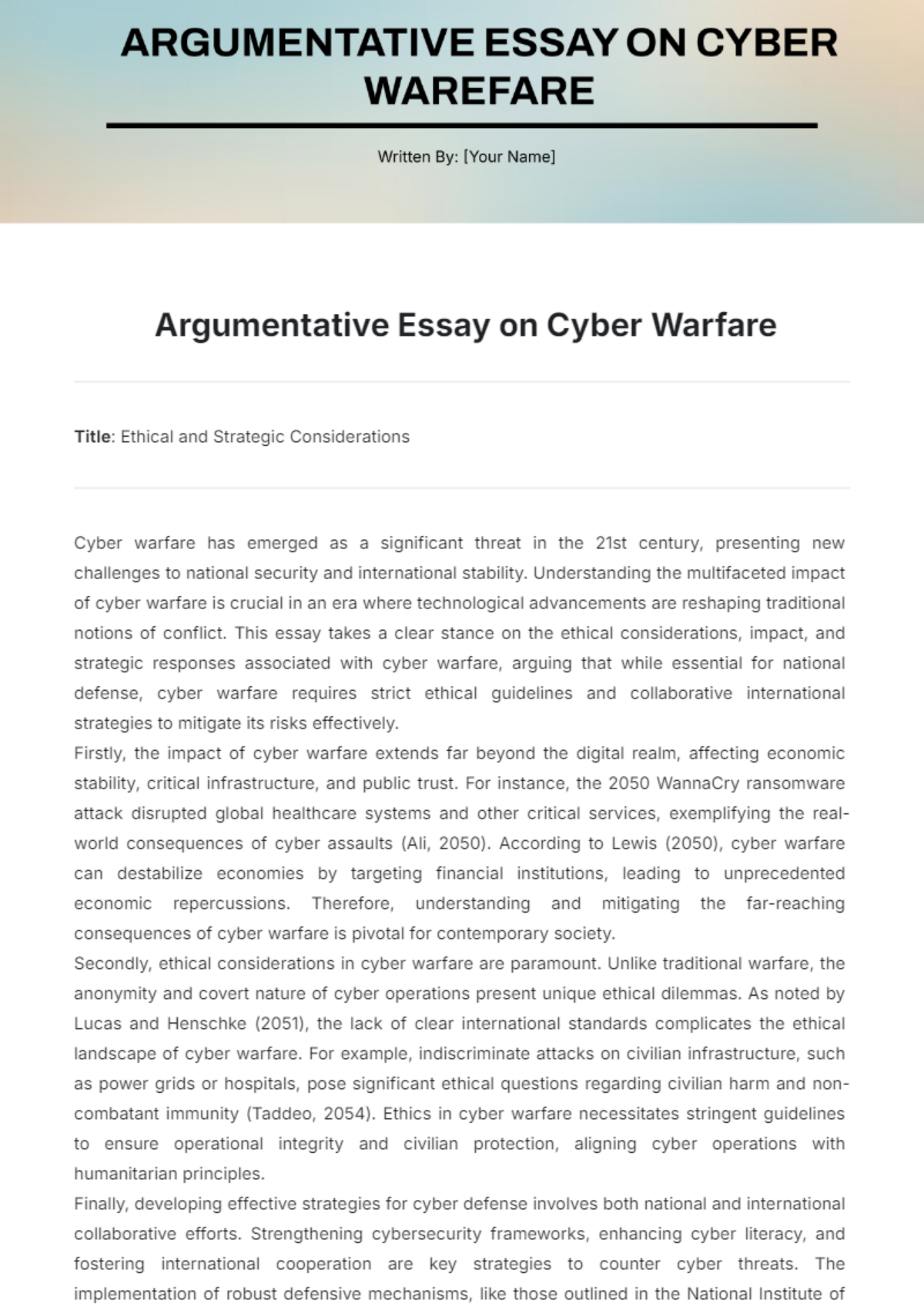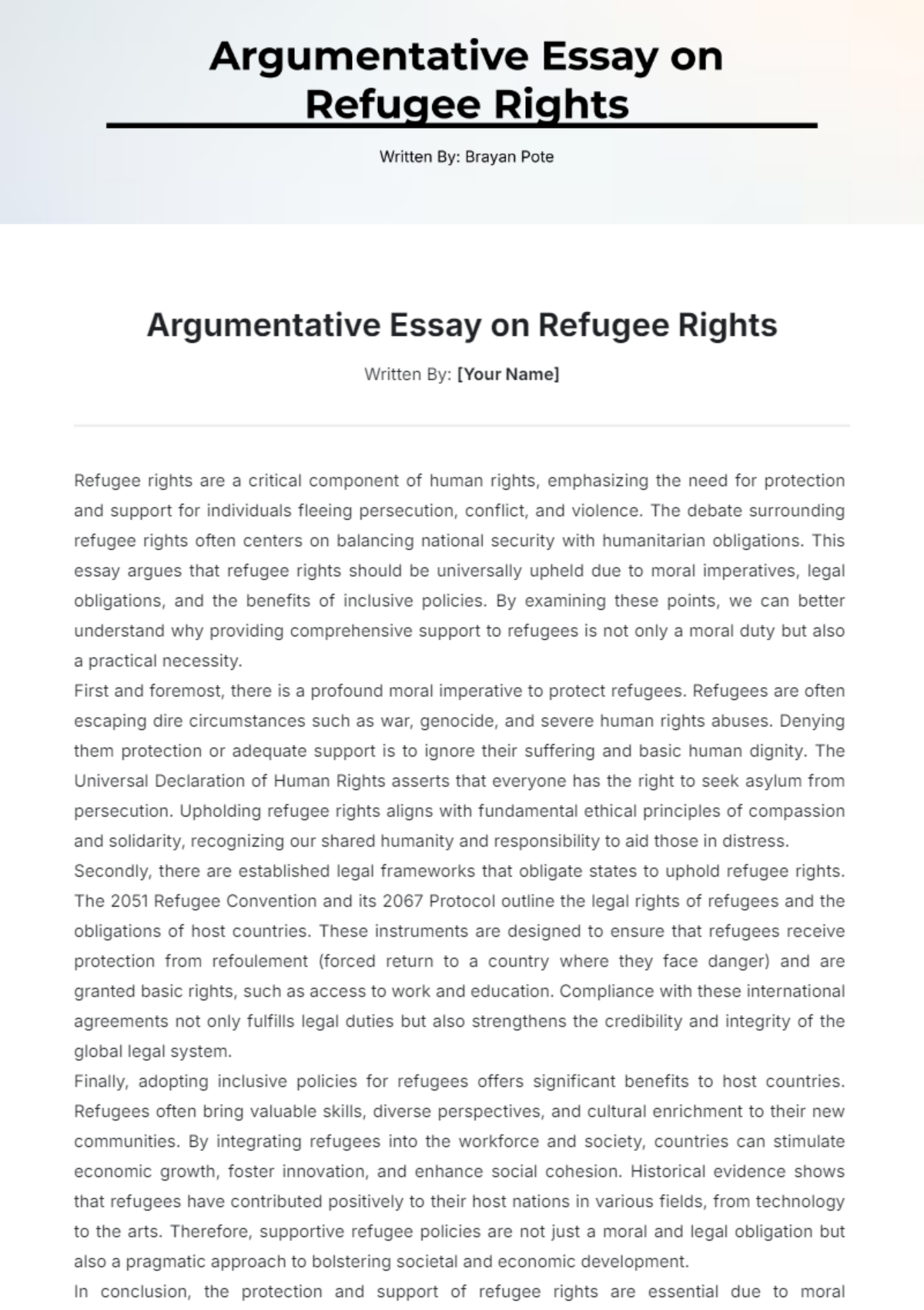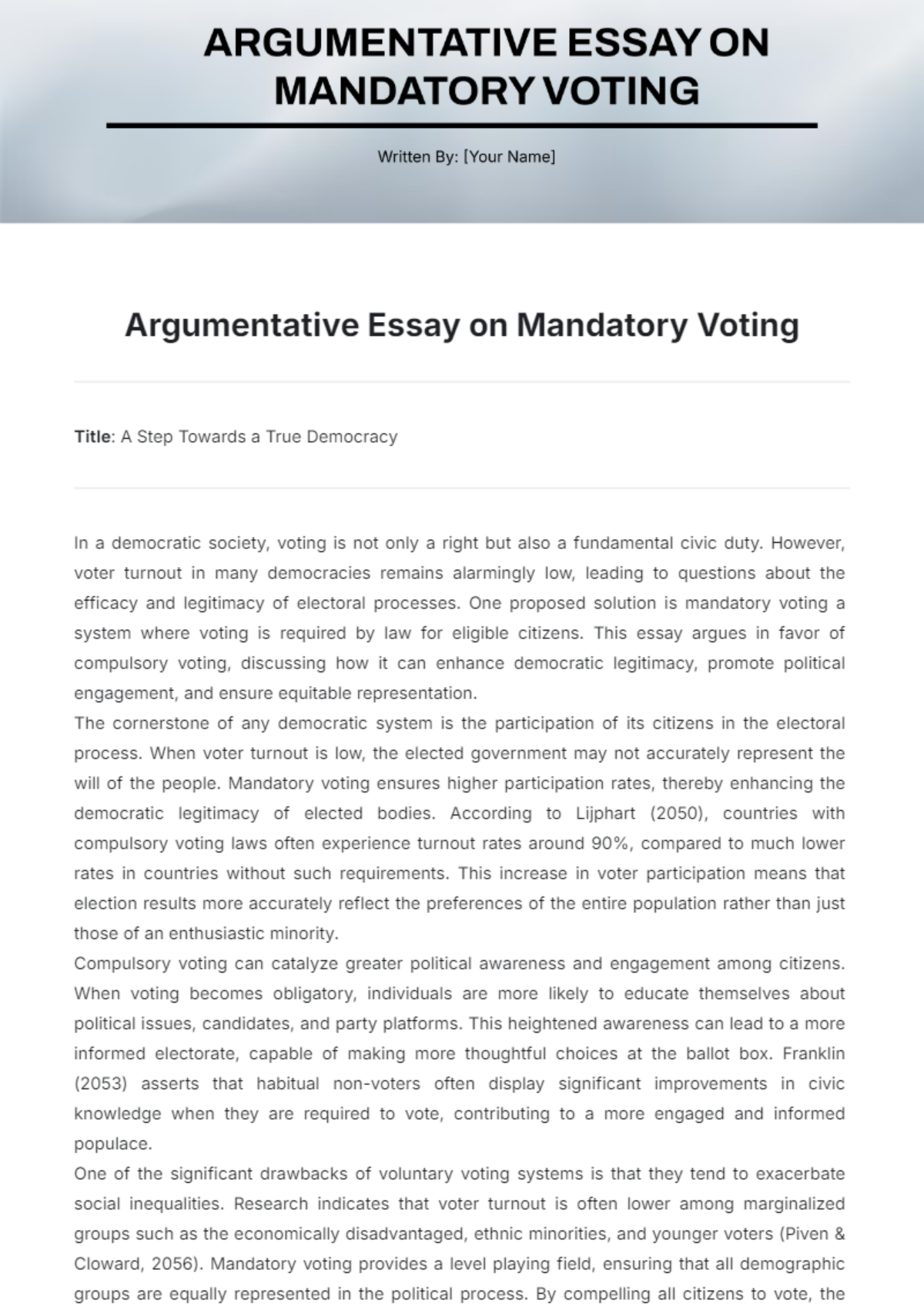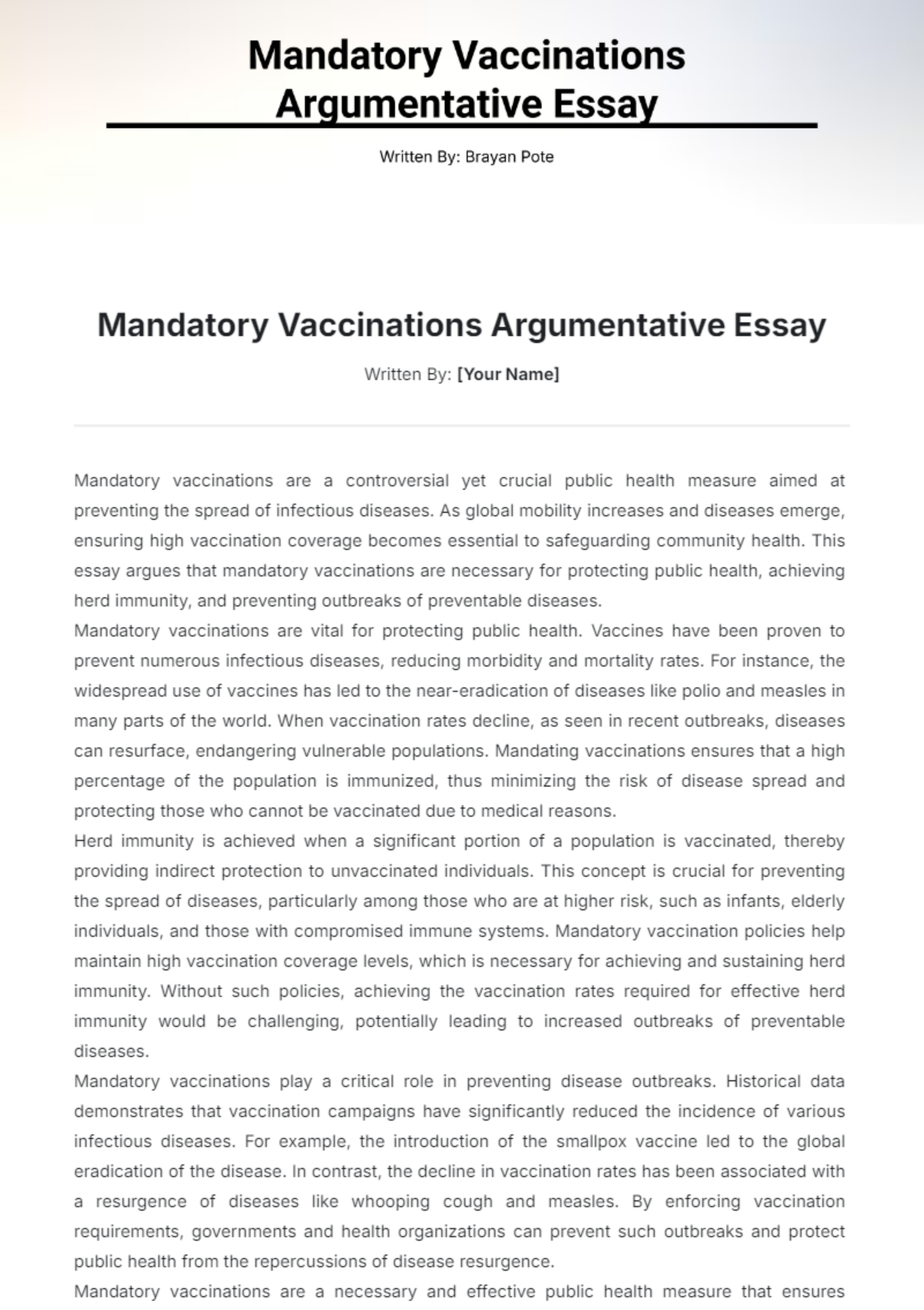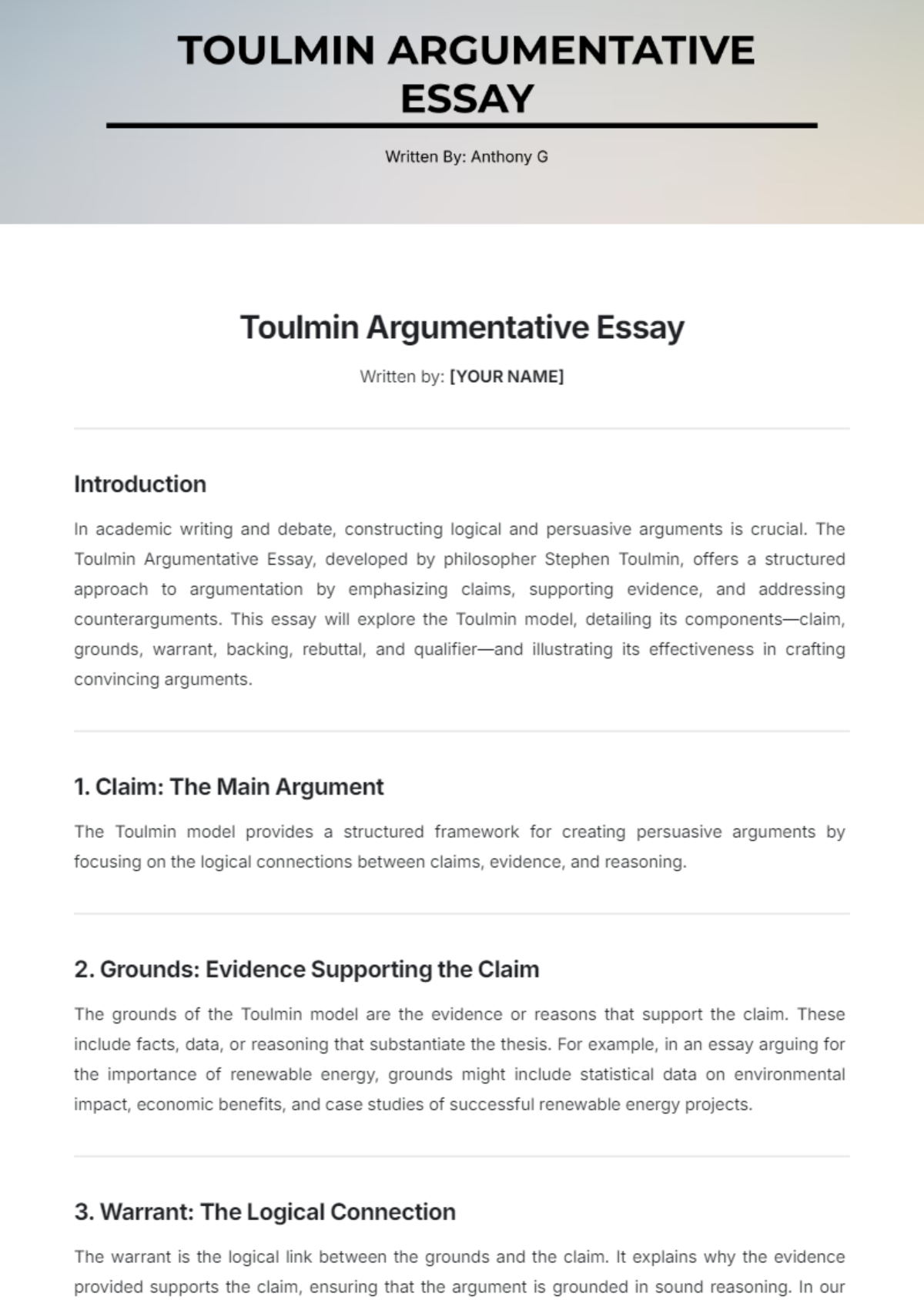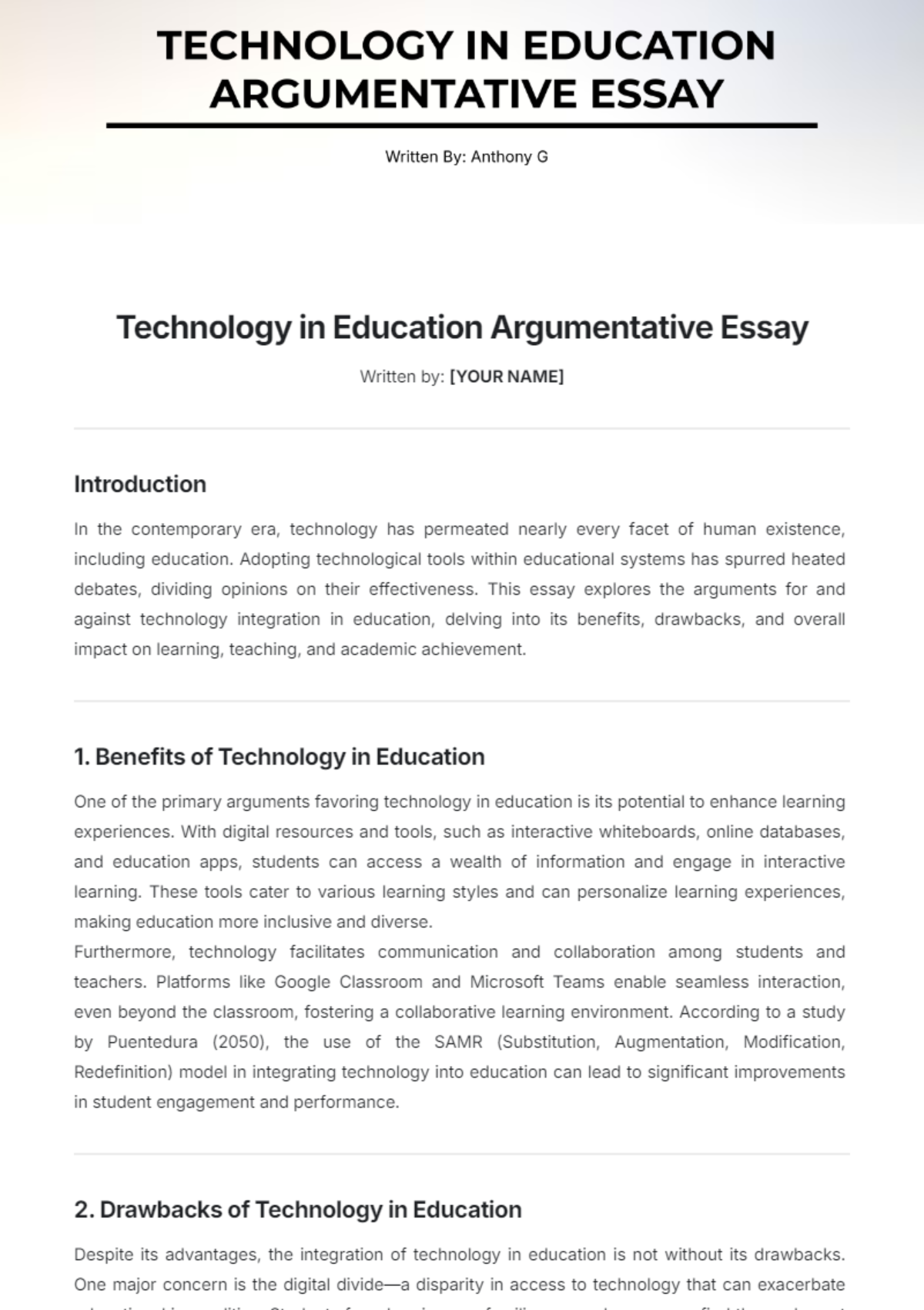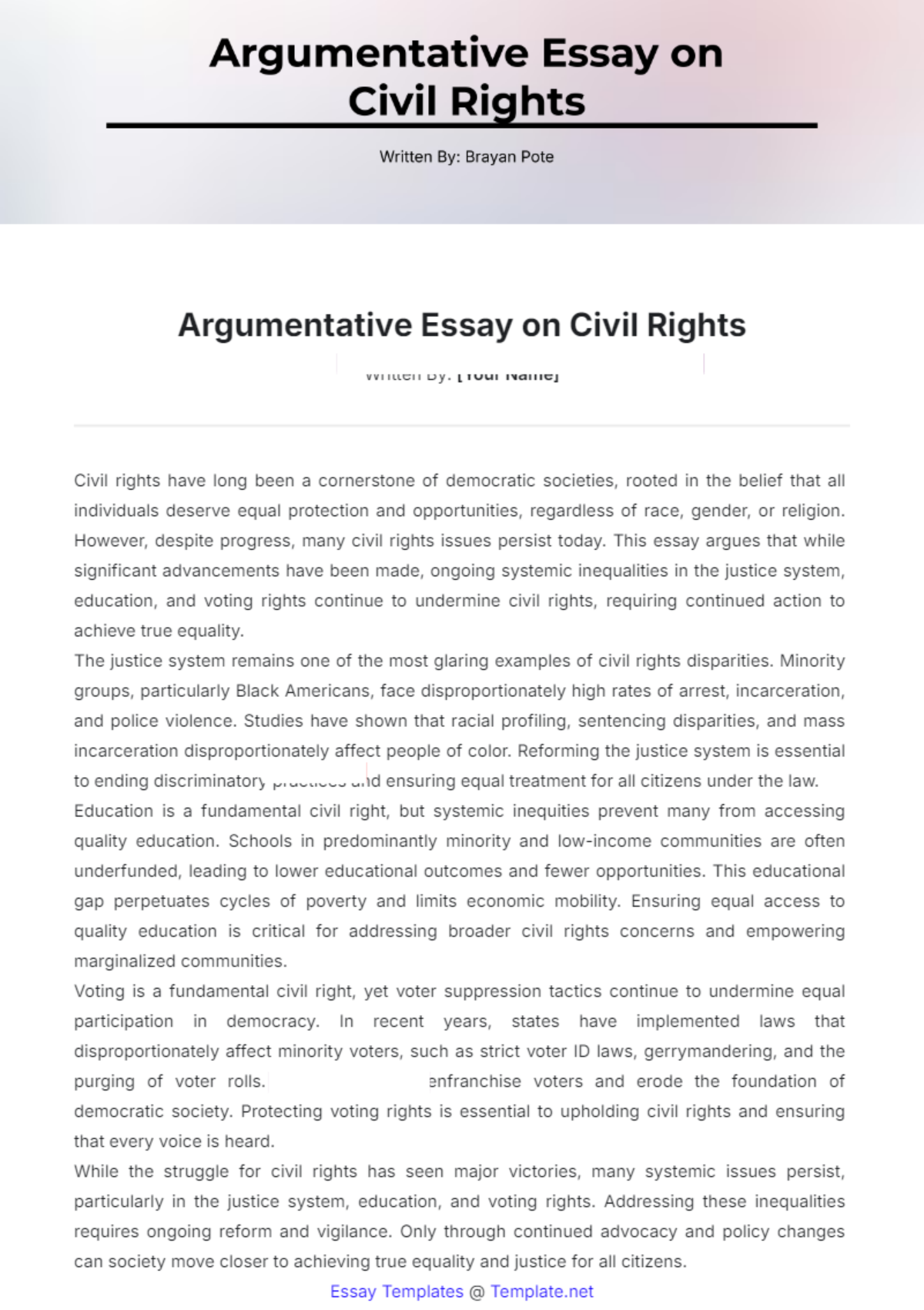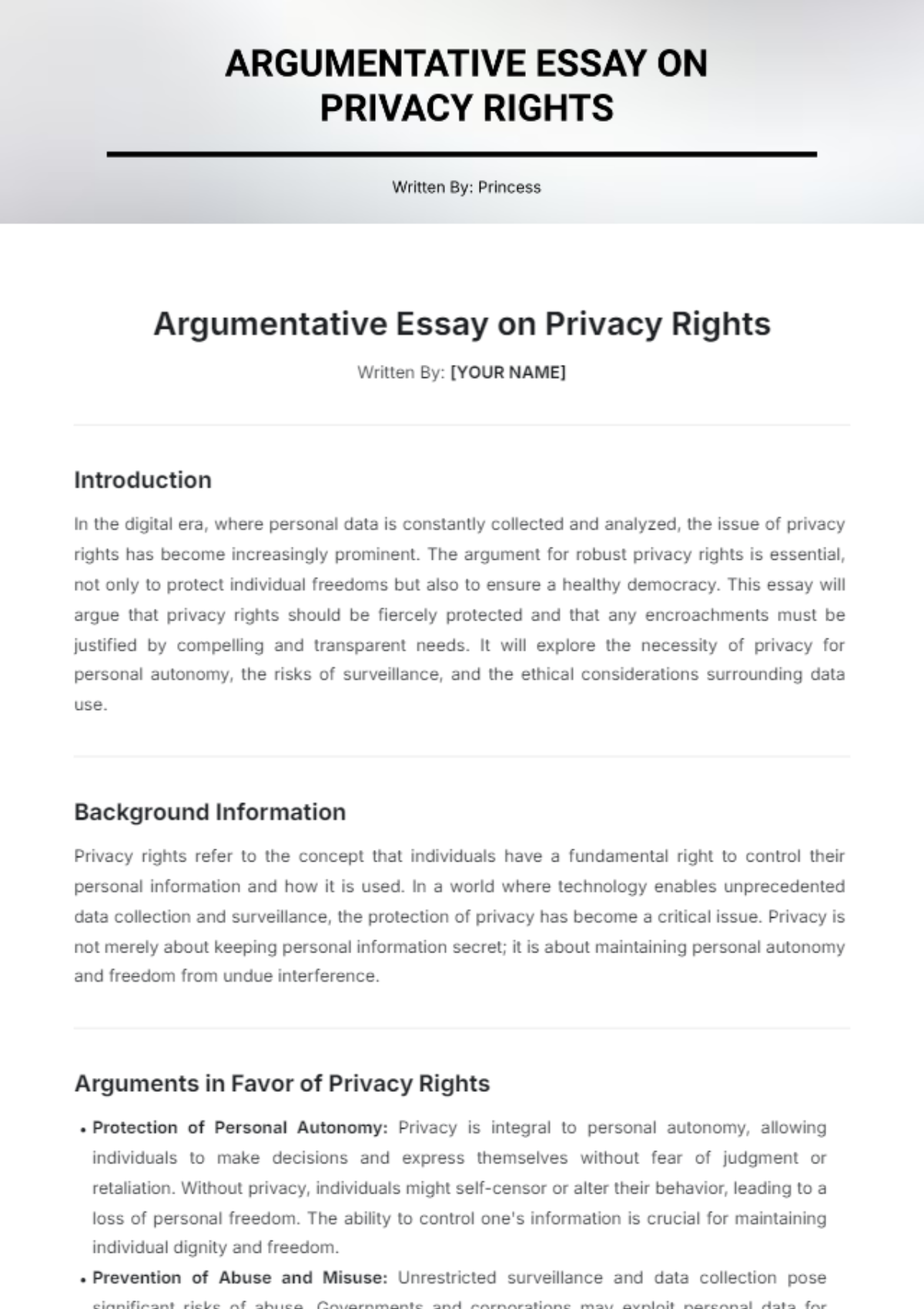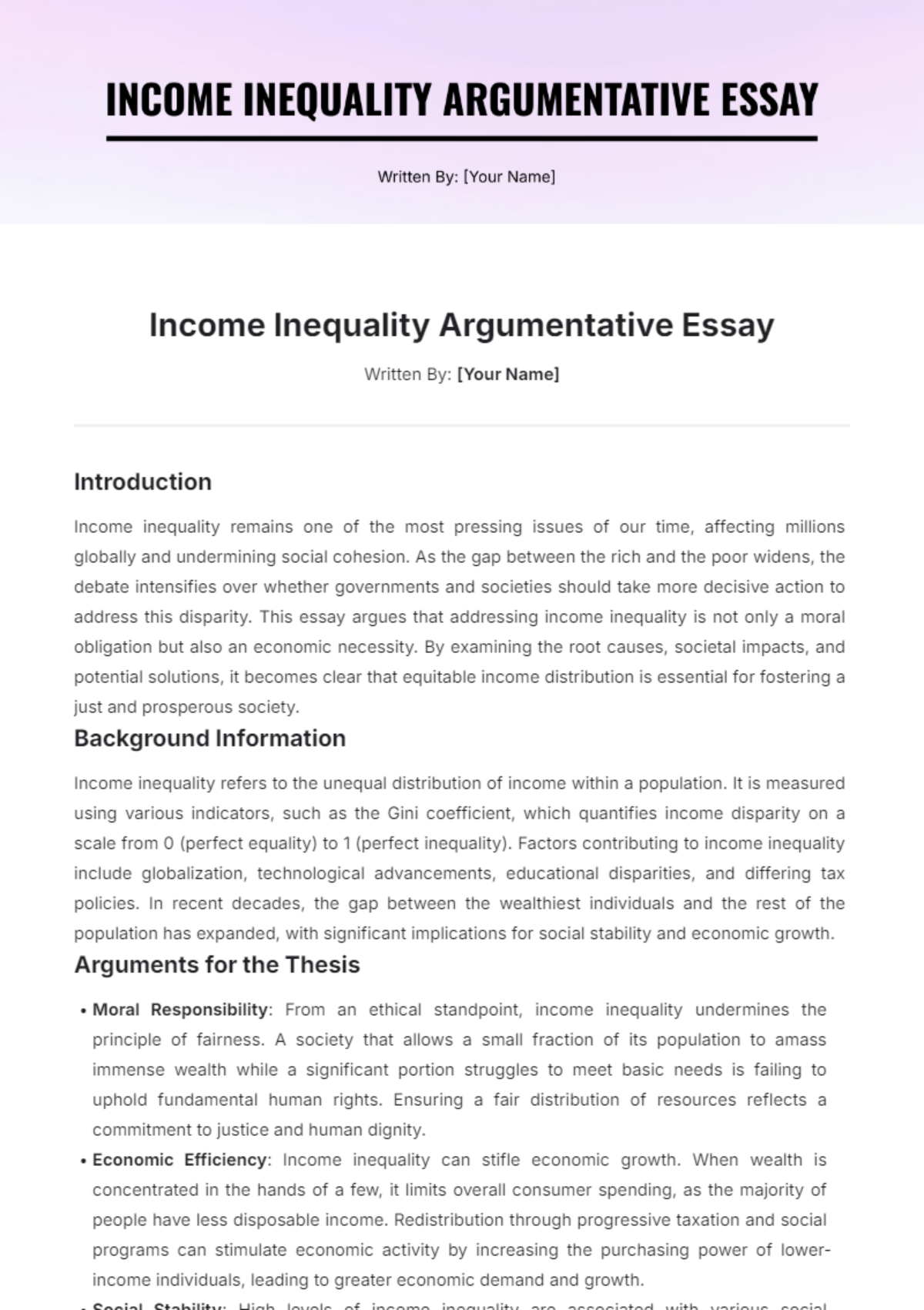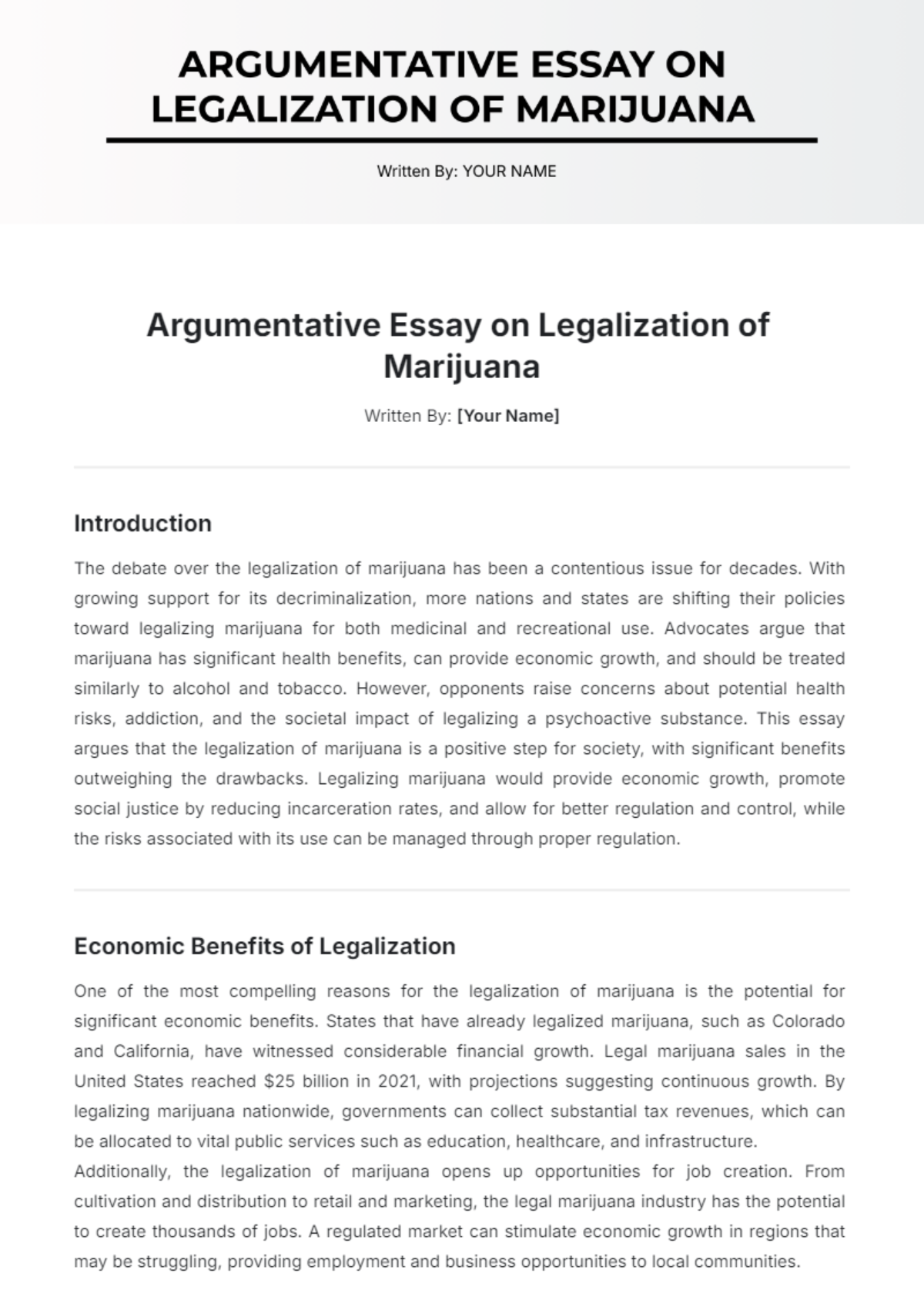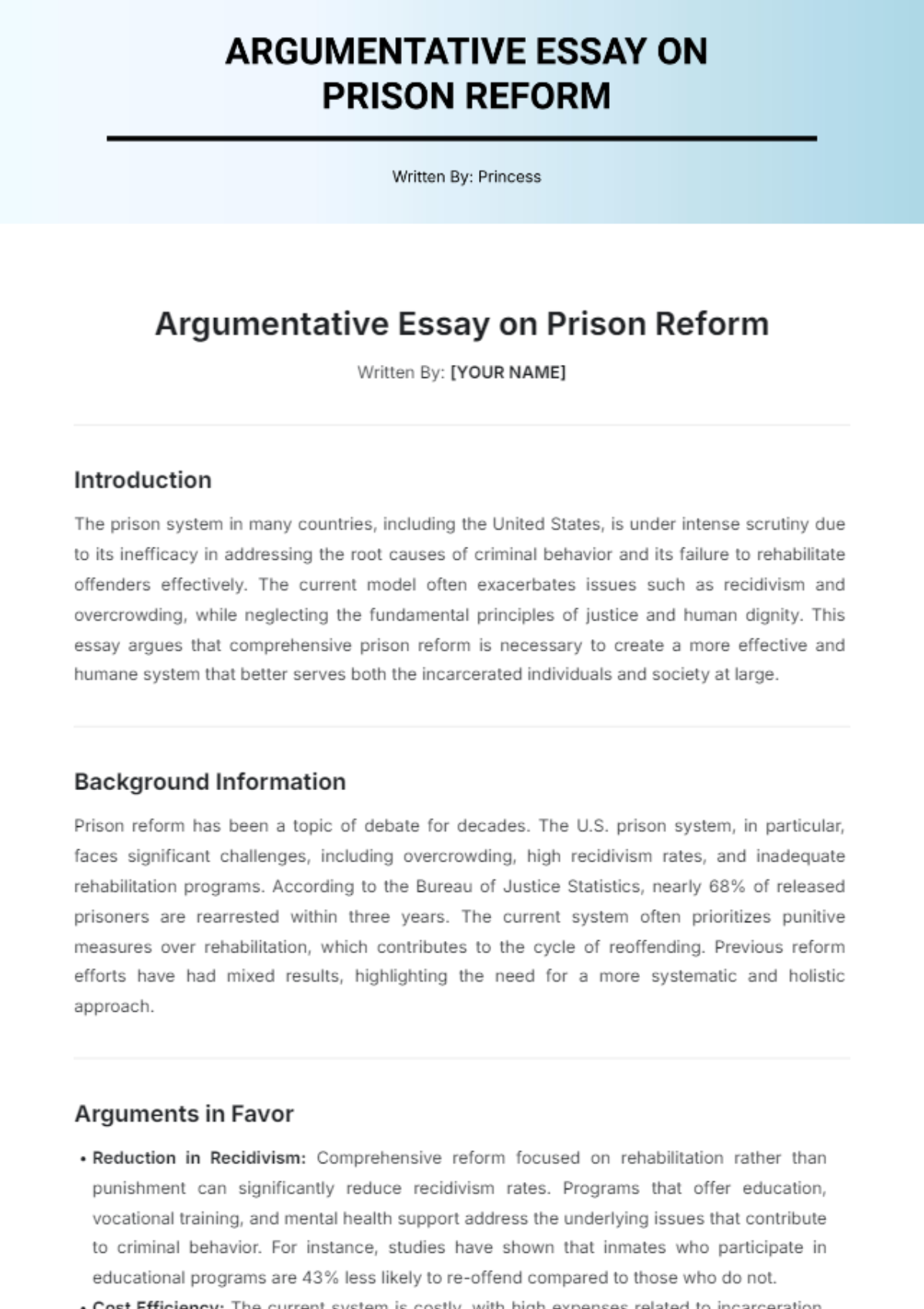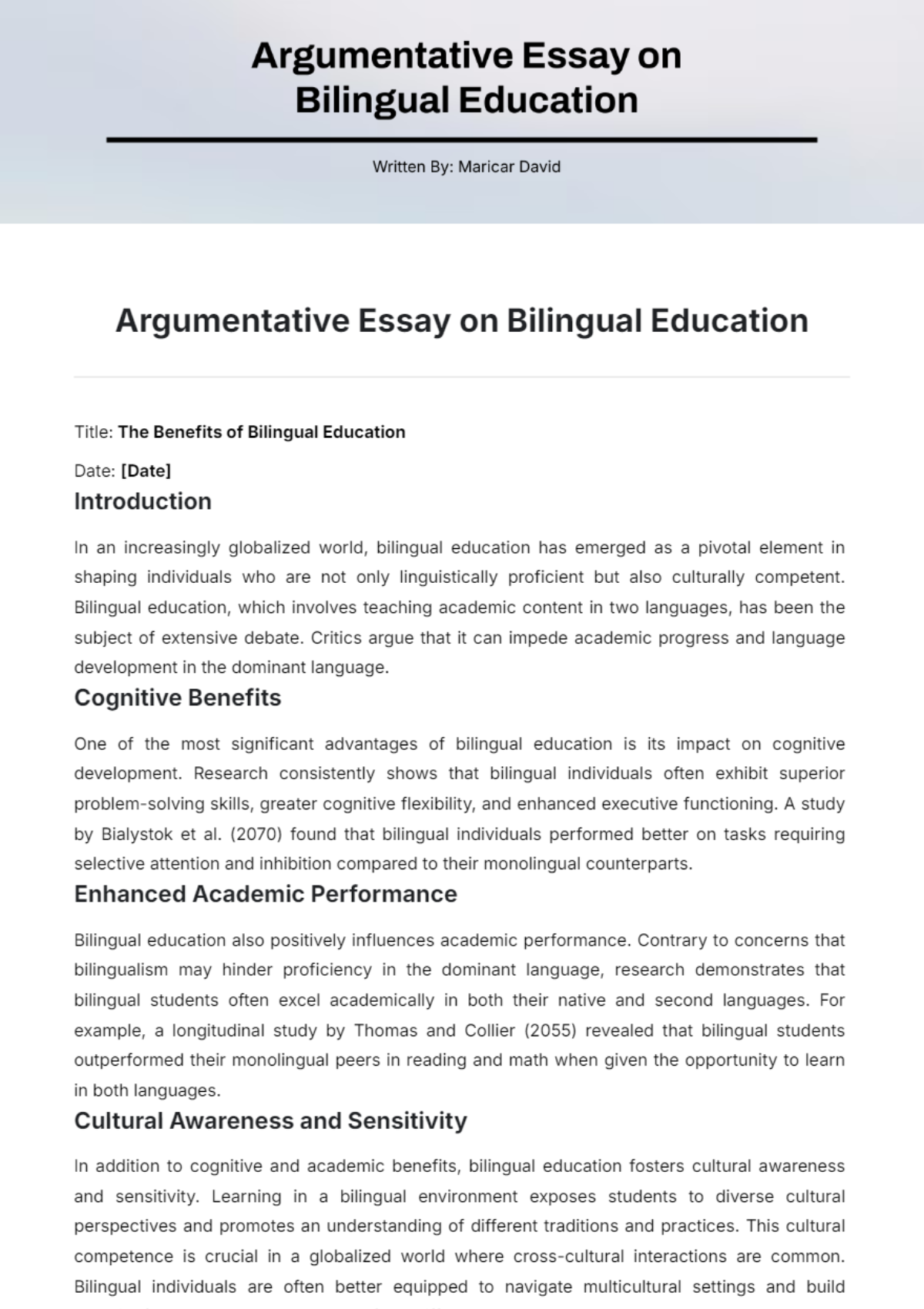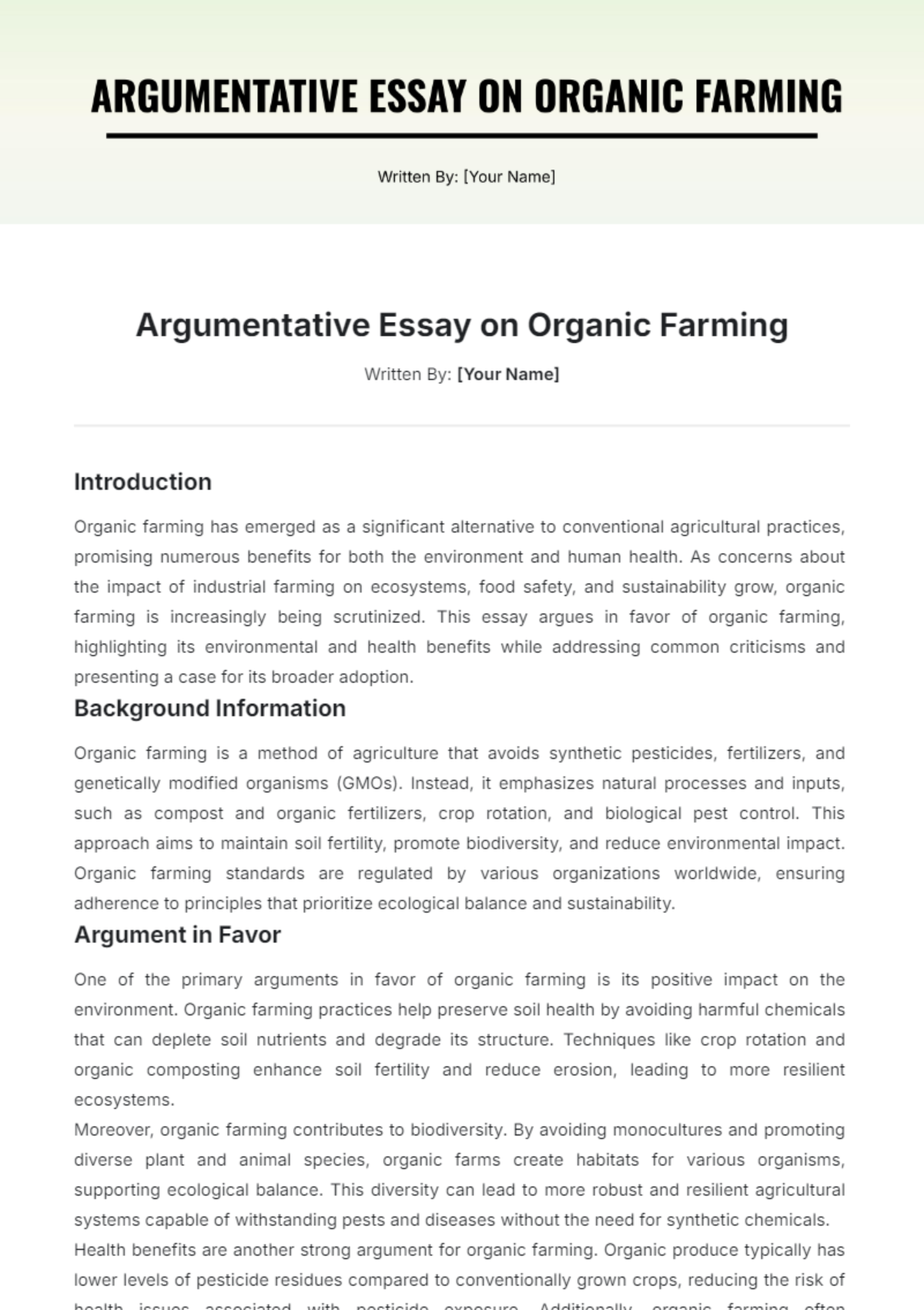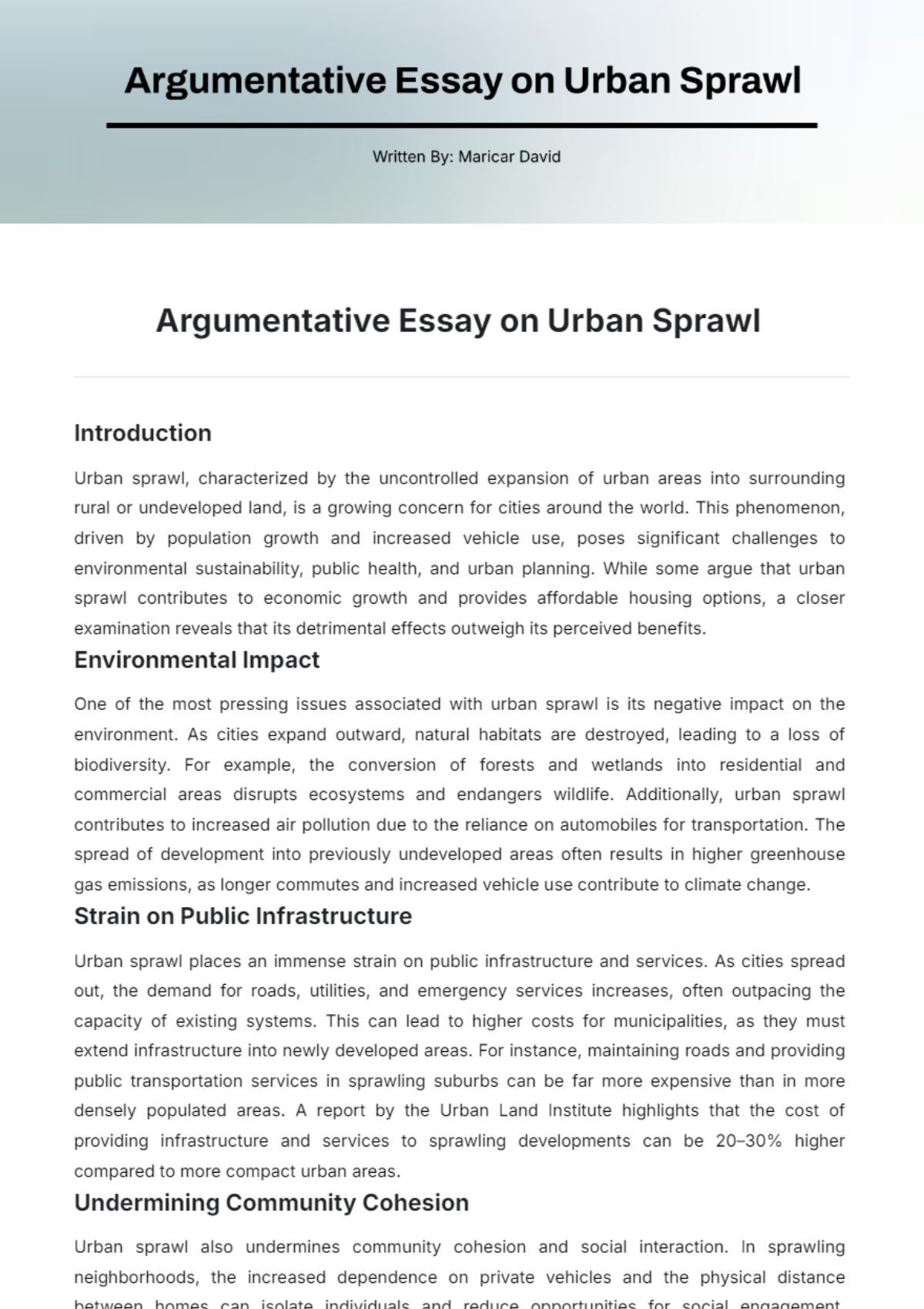Universal Basic Income Argumentative Essay
Written By: [Your Name]
A Step Towards Economic Equality or an Unrealistic Ideal?
Introduction
Universal Basic Income (UBI) has gained significant attention as a potential solution to growing economic inequality and job insecurity caused by automation and globalization. UBI proposes that every citizen receives a regular, unconditional sum of money from the government, sufficient to cover basic living expenses. Proponents argue that UBI promotes economic equality and offers financial security, while critics claim it is economically unsustainable and discourages work. This essay will explore both sides of the UBI debate, ultimately arguing that while UBI has merits, its successful implementation would require careful consideration of economic and societal factors.
Argument for Universal Basic Income
Addressing Poverty and Inequality
One of the primary arguments in favor of UBI is its potential to alleviate poverty and reduce income inequality. By providing every citizen with a fixed income, UBI ensures a minimum standard of living, helping to lift people out of poverty. Traditional welfare systems are often criticized for being complicated, means-tested, and stigmatizing, whereas UBI offers a simpler, more efficient solution. Additionally, as wealth inequality continues to grow, UBI could serve as a tool for redistributing wealth and narrowing the income gap.
Adaptation to Technological Change
The increasing automation of jobs is another reason proponents advocate for UBI. As machines and artificial intelligence replace human labor in industries such as manufacturing, transportation, and even healthcare, millions of workers may find themselves displaced. UBI offers a safety net for those affected by technological change, ensuring that people can still meet their basic needs as they transition to new jobs or industries. This would also allow individuals to pursue education, creative endeavors, or entrepreneurship without the immediate pressure of financial insecurity.
Improving Health and Well-Being
Supporters also argue that UBI can improve mental and physical health outcomes. Financial insecurity and poverty are significant stressors that can lead to poor health, both mentally and physically. A guaranteed income provides individuals with a sense of stability, reducing stress and anxiety. Pilot programs in various countries have shown that recipients of UBI tend to experience better mental health, less stress, and increased life satisfaction.
Argument Against Universal Basic Income
Economic Feasibility
The most significant criticism of UBI is its potential cost. Providing every citizen with a fixed income would require substantial government expenditure, which critics argue is unrealistic, particularly for countries with large populations. For example, in the United States, providing every adult citizen with a basic income of $12,000 annually would cost trillions of dollars. Critics argue that raising taxes or reallocating funds from other programs to cover these costs could strain public finances and lead to reduced spending on essential services like healthcare, education, and infrastructure.
Potential to Discourage Work
Another common argument against UBI is that it might discourage people from working. Critics claim that if individuals receive money regardless of whether they work, they may lose the motivation to seek employment, leading to a decrease in labor force participation. This concern is particularly strong in countries with already high unemployment rates. Skeptics of UBI fear that a large-scale withdrawal from the workforce could lead to slower economic growth and lower productivity, which in turn would make UBI unsustainable in the long term.
Unintended Consequences for Inflation
UBI could also have unintended macroeconomic consequences. Some economists warn that providing every citizen with a guaranteed income could lead to inflation, especially if there is a surge in consumer spending without a corresponding increase in the supply of goods and services. Higher demand for products could drive up prices, diminishing the real value of the basic income and reducing its effectiveness. Inflation would be particularly damaging for lower-income households, as the cost of essential goods like housing and food could outpace the fixed UBI payment.
Finding a Middle Ground
While UBI offers compelling benefits, such as poverty reduction and adaptation to technological disruption, the concerns about economic feasibility and the potential disincentives to work cannot be ignored. A potential compromise could involve implementing UBI on a smaller scale or in specific regions before expanding it nationwide. This would allow governments to study the effects of UBI on the economy and labor force participation while refining the model based on real-world data.
Alternatively, a targeted UBI, which focuses on vulnerable populations like low-income workers or those affected by automation, might achieve similar goals without the high costs associated with universal payments. This could serve as a complement to existing social safety nets rather than a replacement.
Conclusion
Universal Basic Income is a bold and innovative idea with the potential to address pressing societal issues like poverty, inequality, and job displacement due to automation. However, its feasibility and long-term consequences are still the subject of intense debate. While UBI could offer substantial benefits, careful planning, and testing are essential to ensure that it does not lead to economic inefficiencies or unintended consequences like inflation or reduced work incentives. A cautious approach, possibly involving smaller-scale implementations or a more targeted version of UBI, maybe the best way to explore this promising but complex policy solution.
